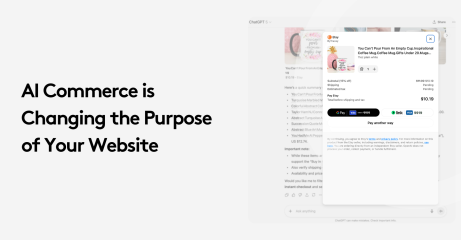Core dna vs BigCommerce vs Shopify Plus: Platform Standoff
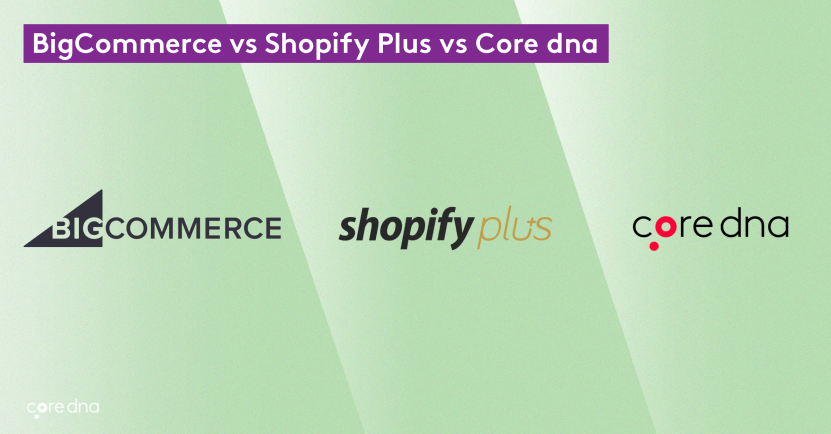
This article will analyze BigCommerce, Shopify Plus, and Core dna to see which platform best suits forward-thinking online retailers looking to provide experiences, not just products.
We’ll dissect the platforms to understand their ability to deliver value for specific customer segments and opportunities, as well as identify strengths and weaknesses to see which platform offers the most guarantees for your particular business.
We have broken our analysis into the following sections:
- Overview: A general summary of each of the platforms and their main customer segments.
- Catalog: An analysis of how each platform handles product catalogs, including managing inventory and shipping.
- Products: Some of the features available to help customers find the products they’re looking for and help eCommerce businesses get more products sold.
- Developers: Highlighting some of the ways each platform supports developers with increased functionality and extensive tooling.
- Marketers: Breaking down the support available for marketers to enhance the customer experience.
- Platform: Showcasing some of the features each platform has to meet an enterprise eCommerce store’s requirements.
- Infrastructure: Explaining how each platform handles things like security and scalability.
In a hurry? Here’s what you’ll find in this BigCommerce vs Shopify Plus vs Core dna article:
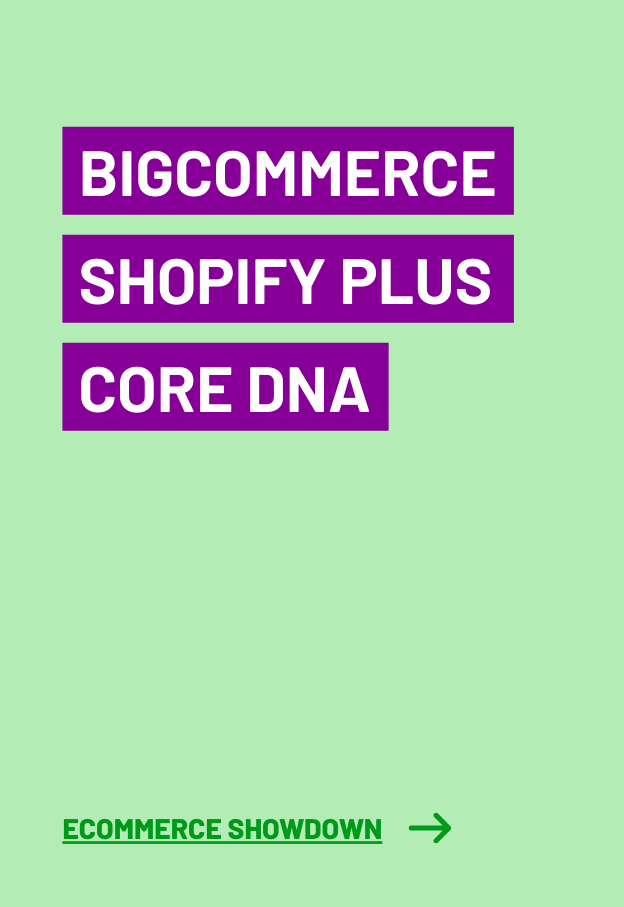
Save this guide: Plus bonus 100+ questions to ask your eCommerce vendor
Everything you need to know about BigCommerce, Shopify Plus, and Core dna as an enterprise eCommerce platform.
Overview: A brief intro to BigCommerce, Shopify Plus, and Core dna
BigCommerce
BigCommerce is a SaaS solution (Software-as-a-Service), which boasts additional flexibility. With APIs for its cart, checkout, wishlist, widgets, and other features, BigCommerce aims to make life easy for retailers with legacy systems, or retailers looking to be API-based eCommerce ecosystems.
The Essentials offering from BigCommerce is geared towards smaller businesses looking to begin their eCommerce journey. However, it offers the same scalability as the enterprise edition, given that the product is focused on helping established companies start selling online.
Shopify Plus
Shopify Plus represents Shopify’s attempt to gain enterprise adoption. Unlike the regular Shopify platform, which caters to small businesses, Shopify Plus is made for high volume merchants.
As Shopify’s enterprise offering, it can handle up to 500,000 hits per minute and replace legacy enterprise eCommerce solutions by leveraging Shopify’s existing global footprint.
Core dna
Core dna is positioned to provide mid-market and enterprise businesses a highly flexible eCommerce platform that is designed to deliver D2C and B2B experiences.
We have built Core dna from the ground up to be highly flexible for developers and simple-to-use for editors. With over 20+ years in building SaaS platforms, we understand that eCommerce on its own can’t deliver the digital experiences required by today’s digital natives. We have added an advanced CMS platform that integrates seamlessly with our eCommerce platform; delivering a unified digital experience.
TL;DR
Shopify is a well-polished eCommerce SaaS. BigCommerce is an eCommerce SaaS with greater flexibility. Core dna is an eCommerce SaaS with just as much flexibility, as well as all the tools you need to scale an eCommerce company out-of-the-box.
Shopify Plus is good for you if you are a D2C business aiming to sell products at scale.
BigCommerce is good for you if you are an enterprise B2B company aiming to integrate eCommerce functionality into your current business model.
Core dna is good for you if you’re looking to scale, but you’ve outgrown your current platform; and if you care about content. Businesses with complex needs can’t rely on a cookie-cutter approach that handles just eCommerce. They need the flexibility to combine content and commerce and scale across multiple brands and customer segments.
BigCommerce | Shopify Plus | Core dna | |
|---|---|---|---|
| Catalog management | Can be imported manually or via CSV file. Can be assigned to multiple categories. API available. | Group products into a collection. Collections can be shared between channels. Not flexible for a huge catalog. | Multiple catalogs for one business or multiple catalogs for multiple businesses can all be managed from one dashboard. Inter-relationships between products Faceted search, auto-complete, fuzzy search for searching catalog. Add new attributes for product. Integrated seamlessly into CMS. Product bundles are natively supported. Import/export catalog, integrate, and synchronize with 3rd party systems. |
| Inventory management | Automatically track and update product levels. Remove product from listing if inventory is low. Automate inventory management across multiple channels. | Simplified inventory management. Able to run reports. Identify stock patterns. Not flexible | Customizable and flexible. Granular inventory tracking. Synchronizes inventory held in 3rd party systems. |
| B2B features | Can integrate with other tools. Faceted search. Quote management. Bulk pricing broken down to the SKU level. | Integrates with ERP or CRM through API. Supports multiple catalogs and price lists. | Multi-location supported. Quotes management. Pricing segmentation. Multi-warehouse. Subscription module. |
| Shipping | Ship from all of your locations. Native support for USPS. 3rd party options via API. | Discounted rates for USPS, UPS, DHL. Automatically generated shipping information. Shipping rules. Return manager. | Automated shipping calculators. Supports 3rd party integrations. Set your own shipping rules based on locations. |
| Discounting | 70+ discount options available out of the box. | Fixed-price lists. Percentage off. Volume-based discounts. | Advanced discounts for just about any situation. Limited use codes. Pricing discounts (dollar or percentage amount) percentage amount. Qualification for additional free items / free shipping. Time-limited discounts. User group discounts. User history-based discounts. |
| Product variants | Allows for different product options. | Up to 100 variants for a product and there are three options for each product. | Multi-dimensional variants. No variant limit. Each variant can have their own properties (price, description, etc.). Can be made available for a specific user or group. |
| Product bundles | Allow customers to select additional products or upsells. Only products without options/variants can be included. | Simple bundling options. | Unique pricing per bundle that can be dependent on the quantity. Can be made available to a specific user or group only. |
| Product search | Advanced product filtering with faceted search | Ability to search for products based on titles, descriptions. | Faceted search with dynamic facets that can be created based on any properties of this product’s product or relationship. The ability to configure relevant search results based on giving different weight to different fields. Autocomplete is available to define one or multiple fields for auto-complete matching. Fuzzy search to autocorrect typos when doing a full-text search. |
| Product pricing | Allows bulk pricing for individual products and variants. | Supports wholesale price lists. Volume pricing for minimum and maximum quantities and quantity increments. | Allows complex pricing scenarios, enabling personalized pricing to the individual level. Option based pricing is available for individual variants on the product. Multi-currency pricing and live pricing. Pricing modifiers based on users or groups which can either be a dollar value or +/- $ or %. |
| Developer tools | Can be modified in the front-end. Storefront API. | Sample apps and libraries to speed up development process. Generate dummy data. | Microservice applications and object-based content functions make building templates easy. Deploy and change designs and content with Bitbucket, GIT or any other distributed version control system. Integrated development environment. |
| Developer stack | PHP. Nginx. Sass. Amazon CloudFront. Elastic Search. | Built on a Ruby on Rails. Nginx. MySQL. React and React Native. | LAMP. PHP. Apache. Nginx. SQL databases. Can use your own tools to build websites. No special libraries. Uses industry-standard tools for version control. Built-in support for templating language. Easy-to-use debugging tool for front-end developers. |
| Headless | Integrate using their API. | API-driven experiences. Presentation layer decoupled from its commerce backend. | API-first platform. Headless for all available applications. Programmatically manage all aspects of Core dna using API. Output your content in HTML using templating engine or raw JSON data or custom JSON structure. |
| REST and GraphQL | REST API supported. Storefront GraphQL API. | REST and GraphQL supported. GraphQL is preferred, especially for storefront. | Combines a well-structured REST interface with the query capabilities of GraphQL. Can use GraphQL to retrieve data. REST APIs enabled to understand GraphQL queries. |
| CMS and DXP | Native blog CMS. More features via integration. | Native blog CMS. More features via integration. | Native CMS tools; page management, forms, FAQ. Live preview. Easy-to-use rich-text and HTML editor. |
| SEO | SEO-friendly URLs. | Basic SEO options. | Optimize SEO settings on every module (page, blog, FAQ, product, etc.). SEO-friendly URLs. Manage redirects and URL rewrites. |
| Reporting | Bird's eye view of major metrics. | Simple and clean UI. Basic reporting. | Built-in reporting system. Can be integrated with other tools. |
| Multi-brand/store | Multi-currency. Multi-language. | Doesn't support multi-store set up. Can create clones of your website. No unified inventory. | Run all stores from a centralized location. Geo-location that allows managers to attribute sales to different stores. Multi-currency. Multi-language. |
| Omnichannel delivery | Manage experience across different storefronts through Channel Manager. | Custom apps and multi-channel listings through API. | Manage and deliver experiences across every touchpoint. The decoupled architecture allows you to get more control over your digital experience. |
| Payment gateways | Supports six digital wallets (Visa Checkout, Apple Pay, Chase Pay, Google Pay, PayPal, and MasterPass). One-click payments. Integrates with 65 payment solutions. | Wide range of payment gateways. Big transaction fees for every sale. Shopify Payments to accept payments without adding 3rd party providers. | Integrates with every major payment gateway on the market. Integration available for other payment solutions. No transaction (success-tax) fees. |
| Apps & Add-ons | Hundreds of apps and add-ons. | Hundreds of apps and plugins. You need to host those plugins separately, which means there are extra costs. | All apps and add-ons are native. No hidden costs associated with plugins. |
| Integrations | Yes | Yes, with APIs and SDKs | Yes, webhooks available to perform complex tasks based on feedback from other systems. Flexible import and export are available through API, FTP or CSV. |
| Scalability | Cloud-based. SaaS. CDN. | Cloud-based. SaaS. CDN. | CDN across the globe. NGINX and Apache for faster content delivery and serving of static web content. Amazon Elastic File System to ensure content availability. |
| Support | Migration or launch services. 24/7 live chat and support. Community/forum. Priority support for enterprise plan. | Merchant success program. Shopify Plus Facebook group. | Technical support. Website and migration strategy. Detailed documentation. Dedicated account manager. Your own Slack channel. 24/7 technical support. |
| Security | ISO/IEC 27001:2013 & PCI DSS 3.2, Level 1 certified. | PCI level 1 compliant. GDPR-compliant. Fraud-protection system. | Advanced site monitoring. Automatic upgrades. Imperva Web Application Firewalls (WAF). A suite of microservices, which means potential breaches and attacks can be more easily contained. |
| Pricing | Starts at $1,500/month depending on your sales volume. Must upgrade to the next tier once you surpass a certain dollar threshold. | Starts at $2,000/month, depending on your requirements. | Starts at $1,250/month for access to all applications (e.g. Commerce, content marketing, CMS). No transaction or revenue fees. |

Save this guide: Plus bonus 100+ questions to ask your eCommerce vendor
Everything you need to know about BigCommerce, Shopify Plus, and Core dna as an enterprise eCommerce platform.
eCommerce catalog
Your eCommerce platform needs to house all of your products, and provide the tools that enable you to manage inventory, integrate customer data and manage shipments for your customers.
Catalog management
Managing products across multiple categories is essential for an extensive product catalog.
BigCommerce
BigCommerce enables you to create a catalog for your store and add various product categories. Products can be imported via a CSV file or added manually. Products can be assigned to multiple categories, or categories can be based on specific attributes that matter to your customers.
A catalog API is also available and improves efficiency by streamlining catalog creation and editing. Real-time syncing is also available to update 100,000 products in under a minute.
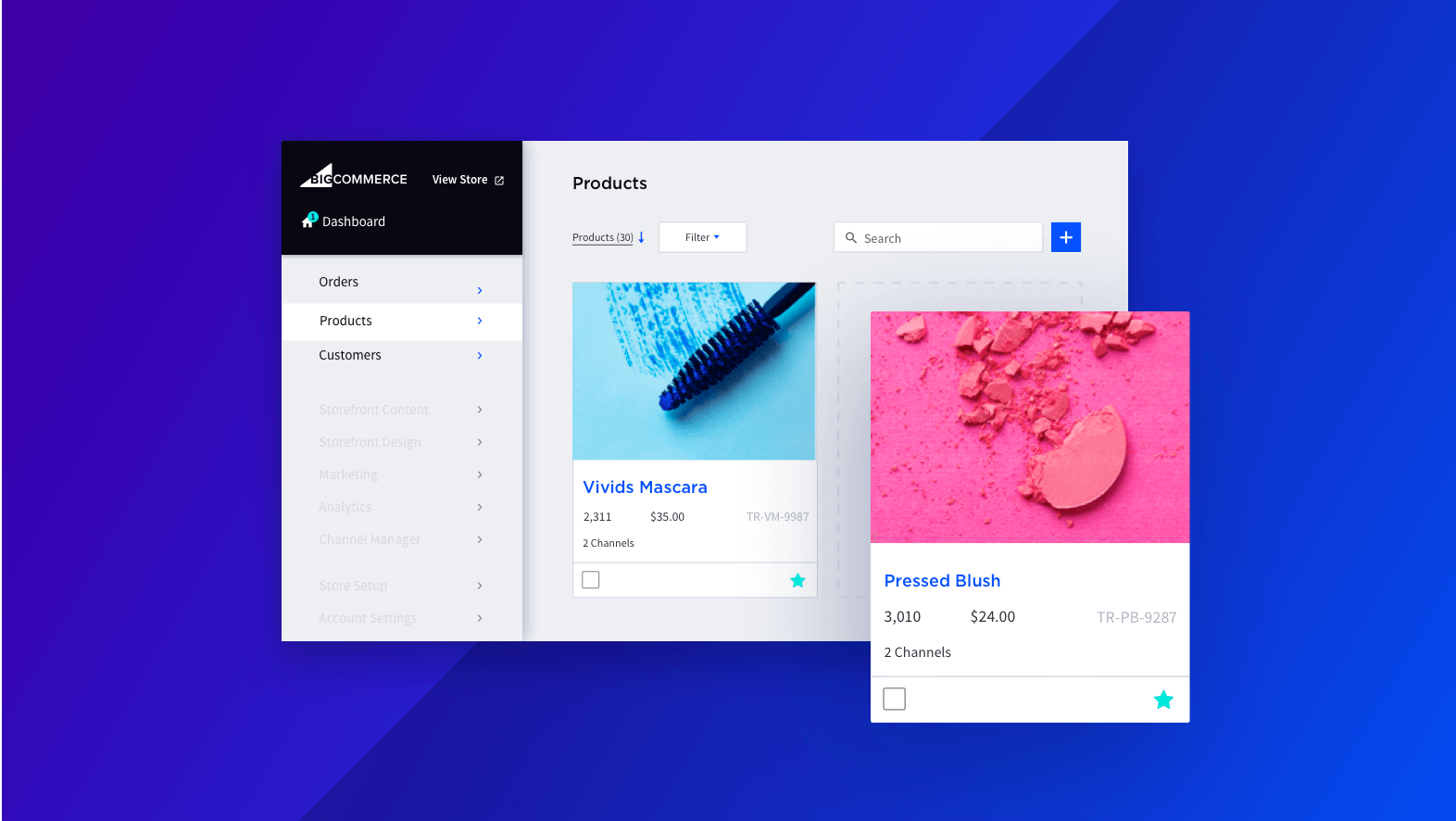
Shopify Plus
Shopify Plus enables you to group multiple products into a collection and create categories for customers. Collections can be either automated or created manually and shared to individual sales channels including an online store, Facebook, Amazon or wholesale.
Shopify Plus doesn’t provide the flexibility for a huge retailer catalog. However, a Product Information Management (PIM) can be integrated to support more extensive catalog management.
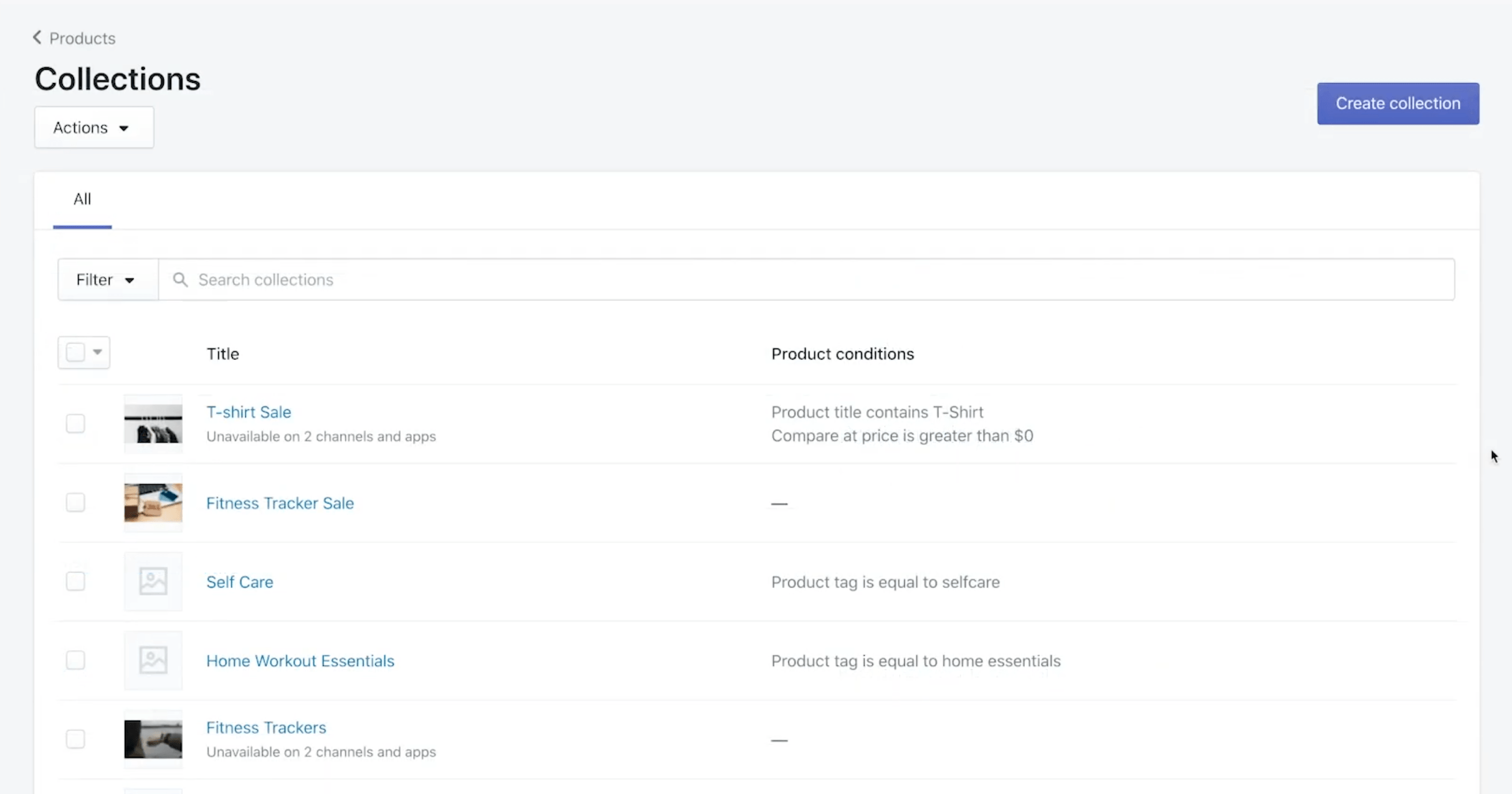
Core dna
Multiple catalogs for one business or multiple catalogs for multiple businesses can all be managed from one dashboard. Core dna also enables stores to create inter-relationships between products which allows for complex solutions.
For example, automotive part supplier Randys have categories for car parts and transmissions made up of 200 sub-parts that can fit into 30 different cars.
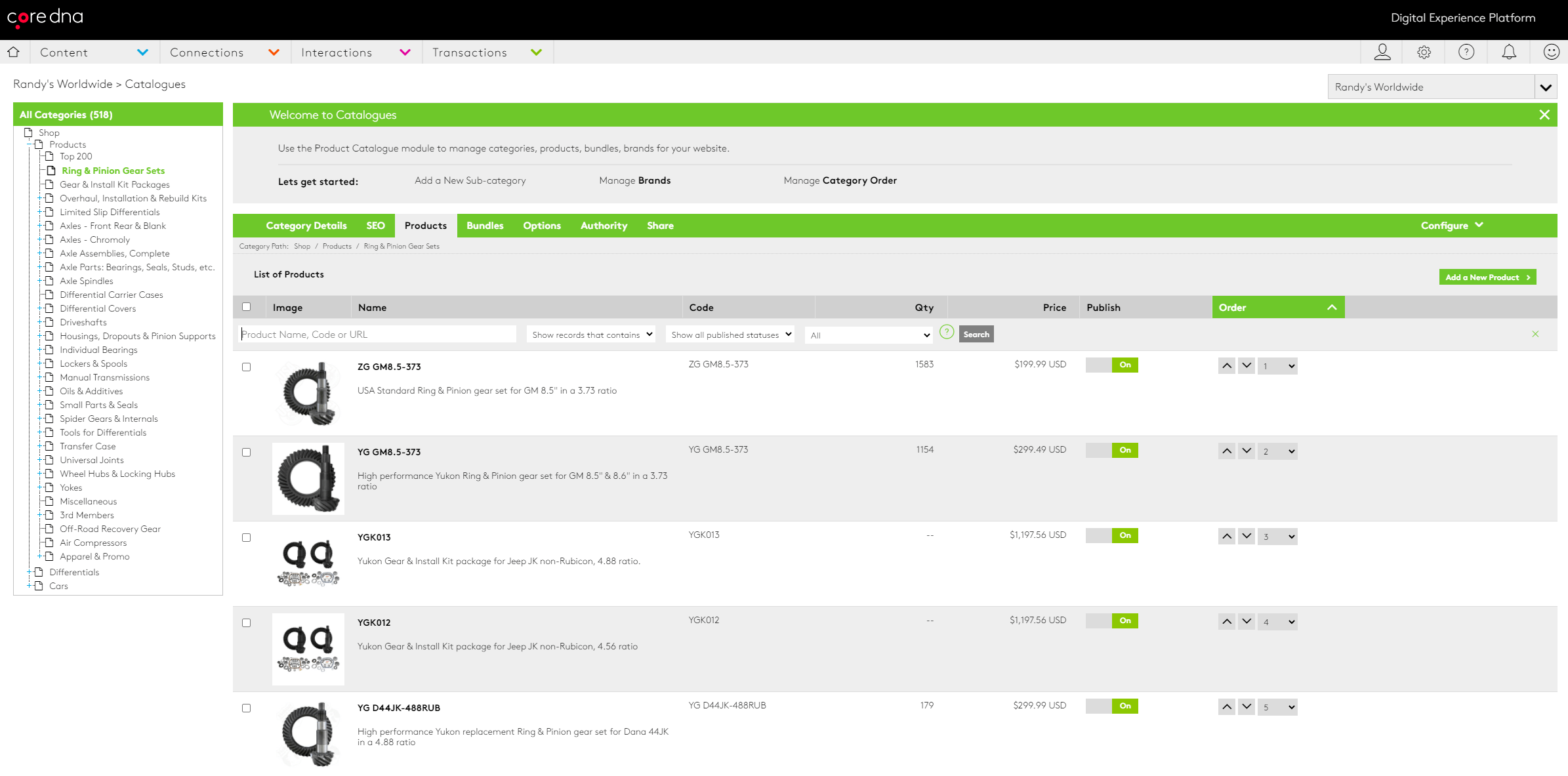
(This catalog is shared between different businesses)
ElasticSearch is available and can be configured for faceted search, autocomplete and fuzzy search to make it easier for customers searching the catalog.
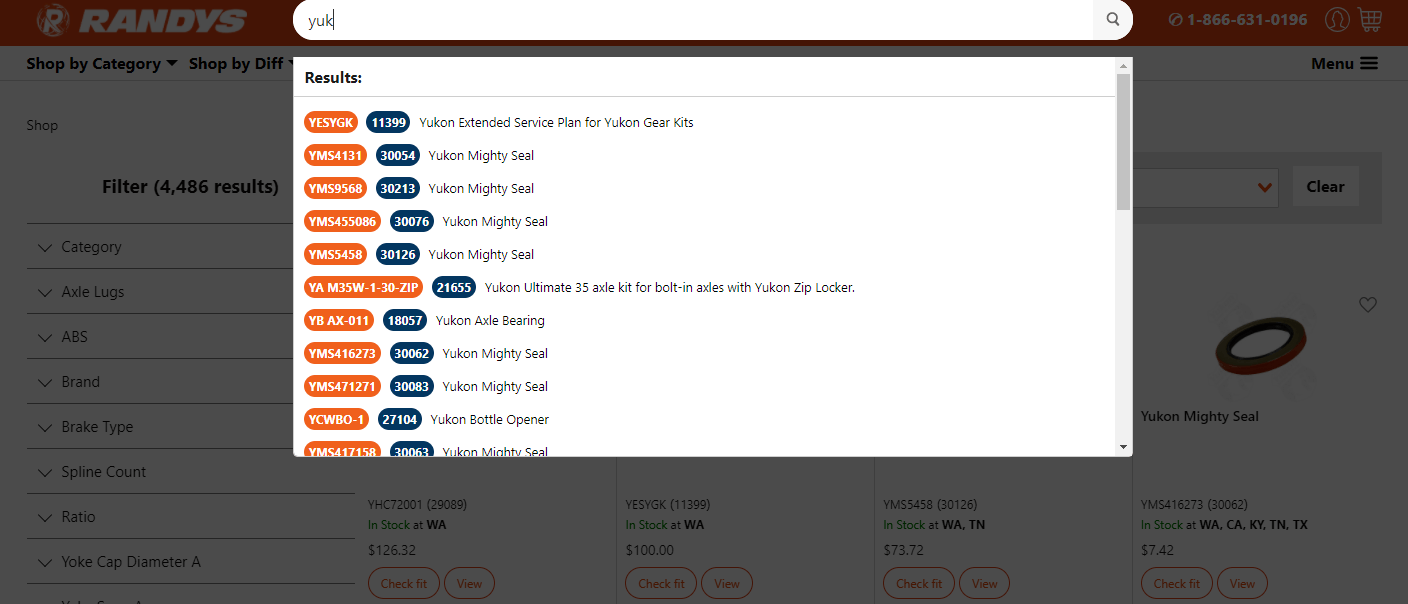
Advanced Product Information Manager (PIM) is built-in, providing the ability to add new attributes, new variants and advanced media types such as video.
Catalogs are natively integrated with the Core dna CMS to simplify adding content to product pages, enable personalization, and create engaging content without requiring plugins.
Product bundles are also natively supported, and there is a flexible import and export system with the ability to integrate and synchronize with 3rd party systems.
Inventory management
The right inventory management system is essential, no matter the size of the business. Inventory management can be a pain, especially for omnichannel retailers as inventory discrepancies between different channels can erode eCommerce stores profits.
Therefore, you need to find a platform that helps you save time and maximize profitability. Let’s see how each platform handles inventory.
BigCommerce
BigCommerce enables you to automatically track and update product levels as purchases happen and communicate changes to the customer.
The platform allows customers to take different actions such as removing the product from the listing or alert retailers that the inventory is low if the inventory for a product reaches zero. For brands that have multiple stores, you can automate inventory management across multiple channels.
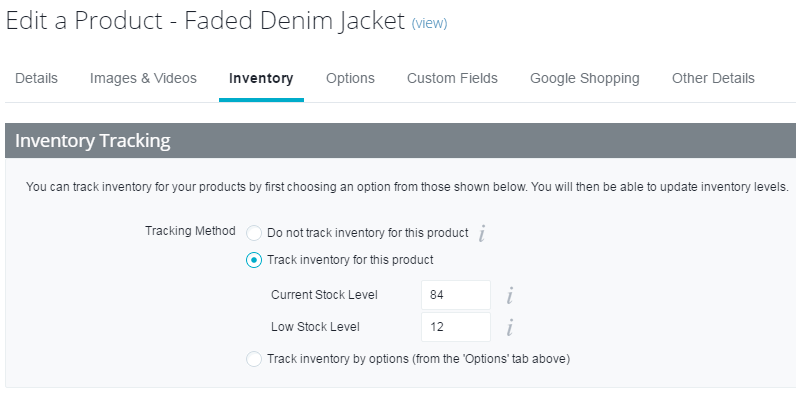
Shopify Plus
Shopify Plus carries over the small business version Shopify’s user-friendly features, but it can be limited in some cases. It offers simplified inventory management in a clean interface allowing you to organize products, create variations and run reports.
Still, there is a lack of customizability and high costs for plugins. However, the tool even enables you to identify out of stock patterns in your top-selling products which can be useful for inventory planning.
Core dna
Core dna enables you to manage your entire omnichannel inventory from one location. The tool’s API-centric architecture enables simplified integration of ERPs with the native Core dna inventory management, which affords you more customizability than Shopify.
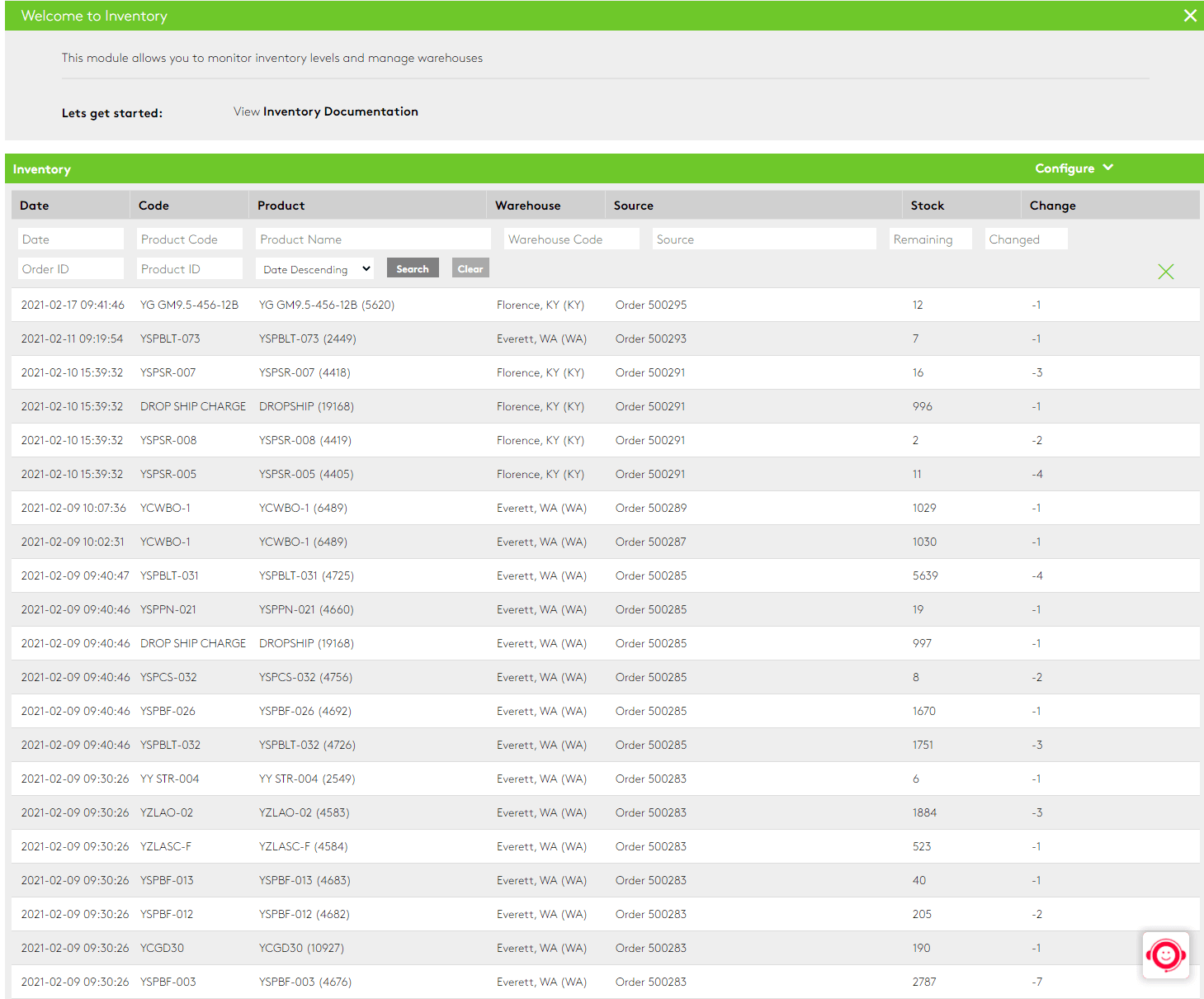
It also provides granular inventory tracking and synchronizes inventory held in 3rd party systems.
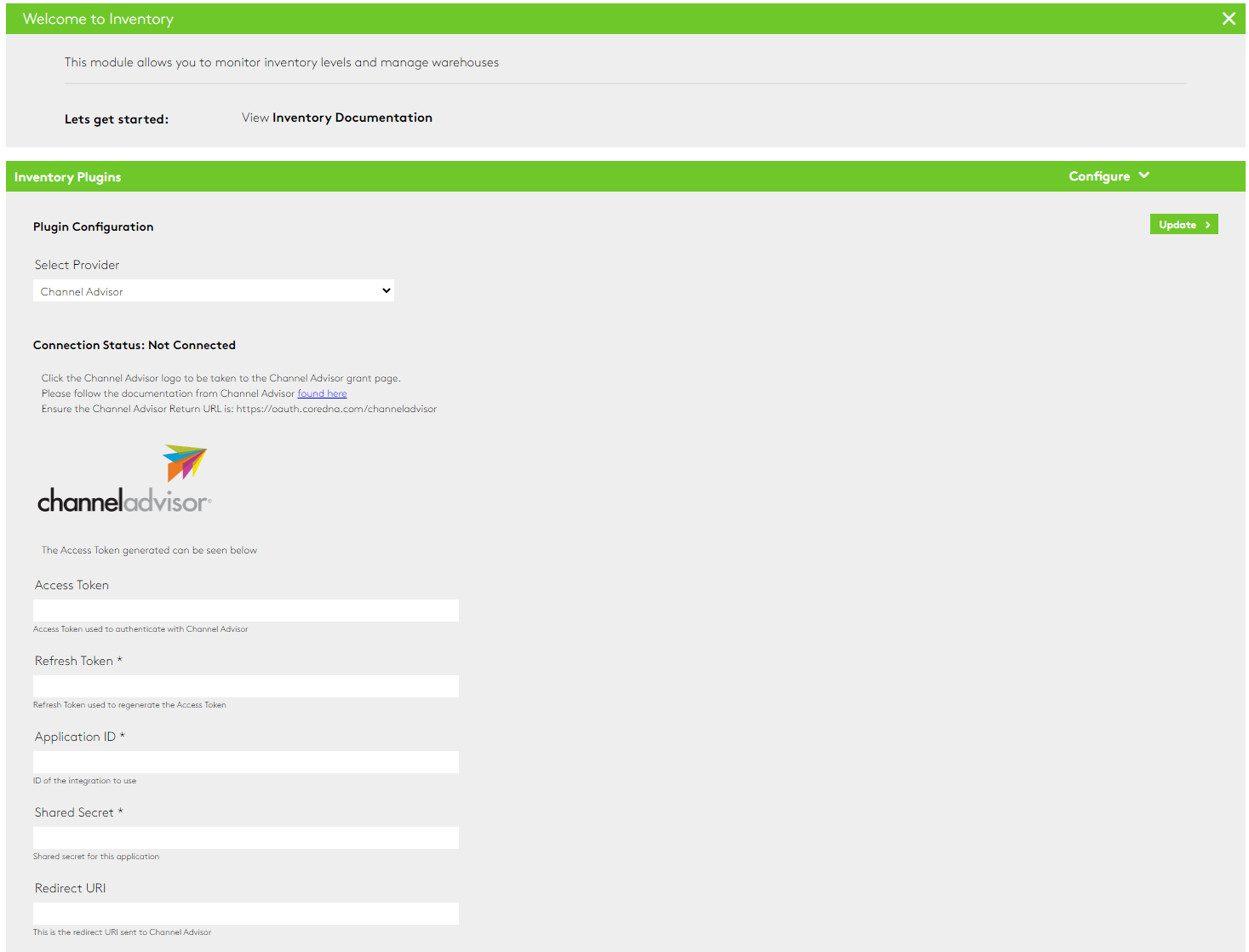
B2B eCommerce features
Ecommerce has taken hold within the B2B industry, and B2B businesses have different requirements for their eCommerce platforms than B2C companies. A platform with true enterprise features can modernize the buying and selling experience for everyone.
BigCommerce
BigCommerce’s technology can work with your existing tools and can integrate via pre-built, one-click integrations, or you can customize your automation with our APIs. It provides the tools for the current B2B buying experience such as faceted search built off of Elasticsearch, including custom field support for refined searching.
Also, native CSR generated quote management and bulk pricing are broken down to the SKU level for each individual customer or customer group.
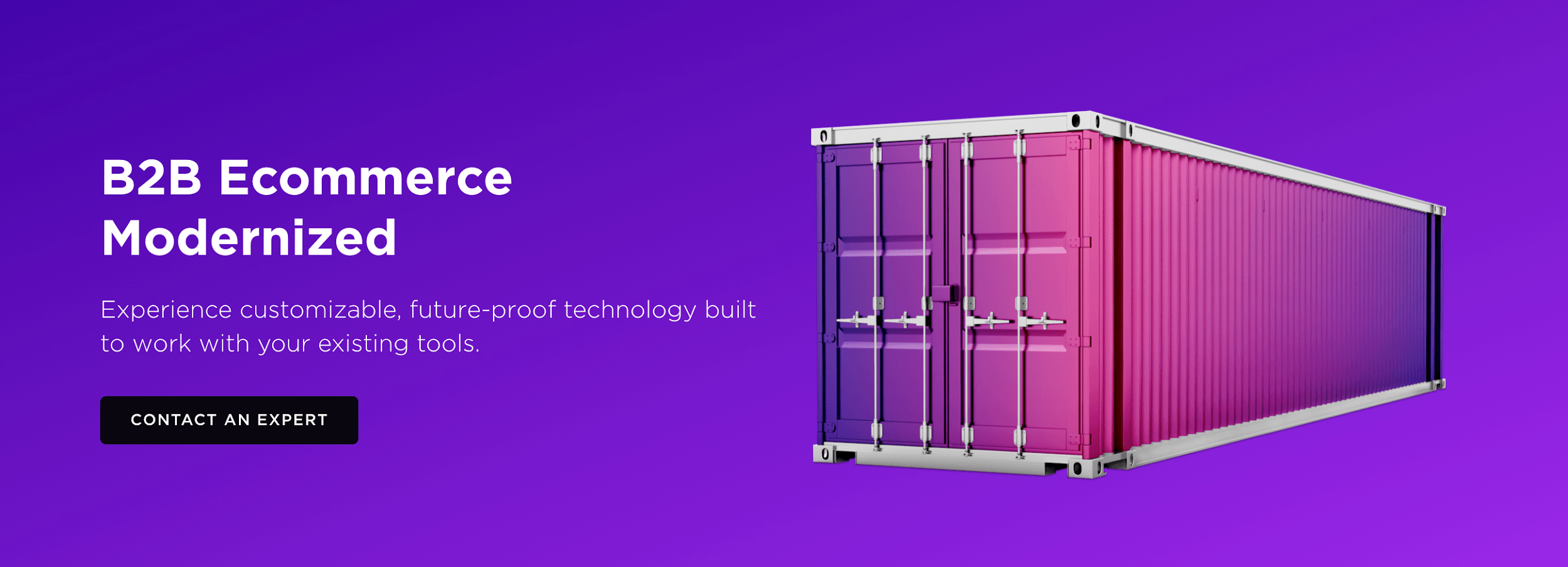
Shopify Plus
Shopify Plus enables you to automate the sales process and deliver personalized experiences across multiple devices and channels. You can integrate customer data from your ERP or CRM through the Shopify API.
Shopify Plus’s wholesale channel lets B2B customers sign up and view B2B products and pricing instantly through online registration, creating a self-service environment. Shopify Plus supports multiple catalogs and price lists, enabling you to sell directly to businesses and consumers.
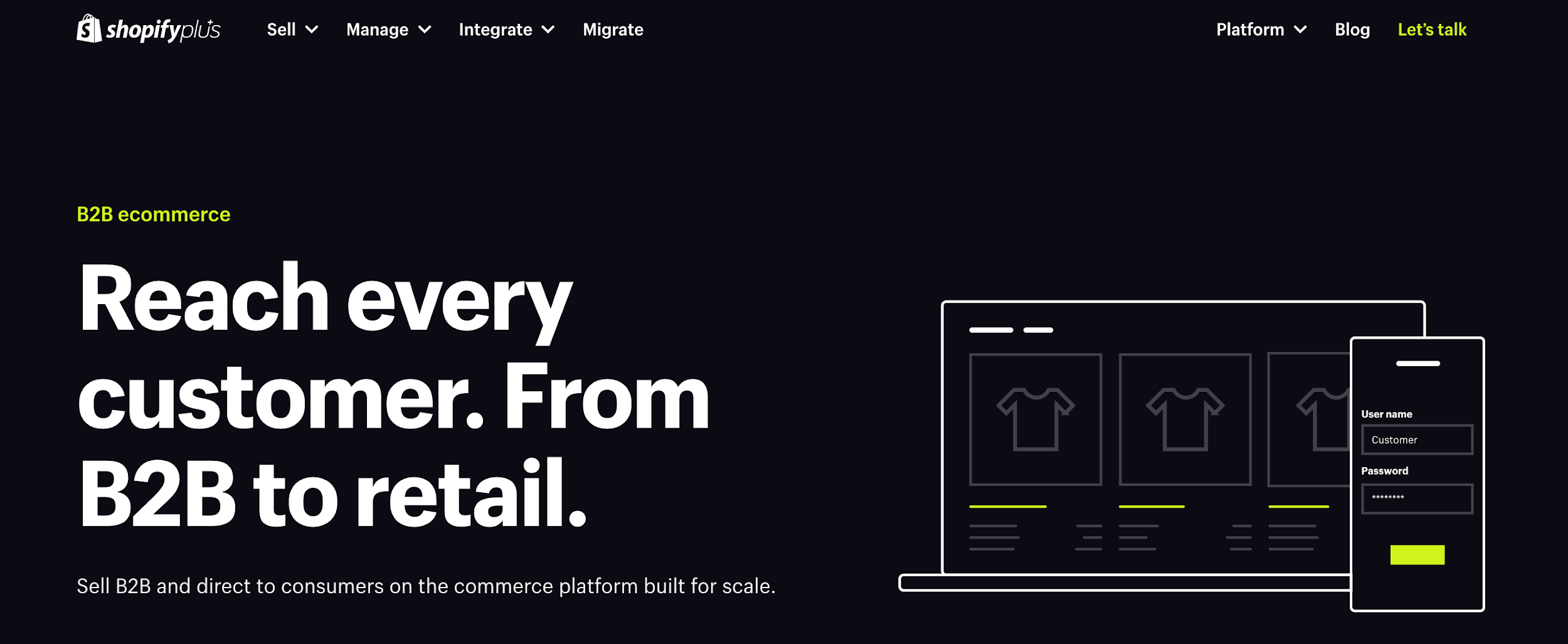
Core dna
Core dna enables commerce operation in one platform with simplified storage for multi-location stores by combining digital experience management, eCommerce, and content management.
The full-service DXP can be used to simplify B2B, B2C, and D2C applications such as quotes, pricing segmentation, multi-warehouse, subscriptions that make scaling your business easier.
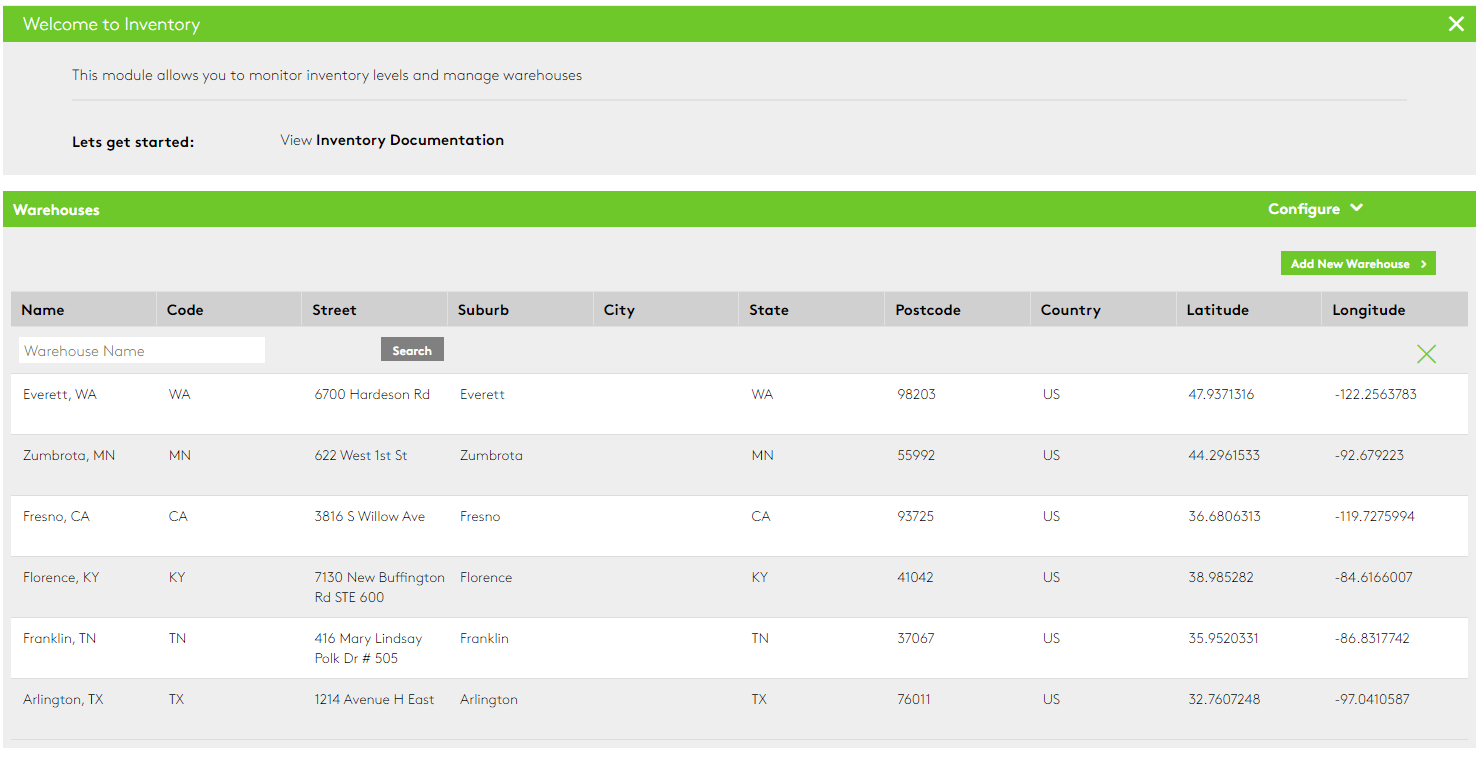
Shipping capabilities
Quick and painless shipping is what every eCommerce customer desires. Consequently, every eCommerce brand should aspire to improve their shipping and fulfillment efforts since it can undoubtedly lead to happier customers.
BigCommerce
BigCommerce makes it easy to customize shipping options for your business. The Shipping Manager lets you set up shipping for all of your locations and includes native support for USPS shipping within the United States.
The platform also supports third-party shipping options by carrier API and includes enhanced dropshipping capabilities. Expansion into international markets is also simple thanks to cross-border shipping solutions and localized international sites.
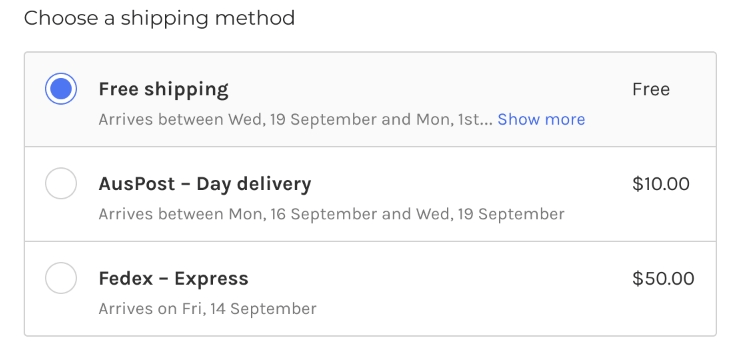
Shopify Plus
Shopify’s shipping features include discounted rates for USPS, UPS and DHL. Everything shipping related can be managed in the same place you manage products, customers and inventory.
Shopify provides automatically generated shipping information, and you can add shipping rules to streamline the shipping process or use the simplified return manager to handle all returns.
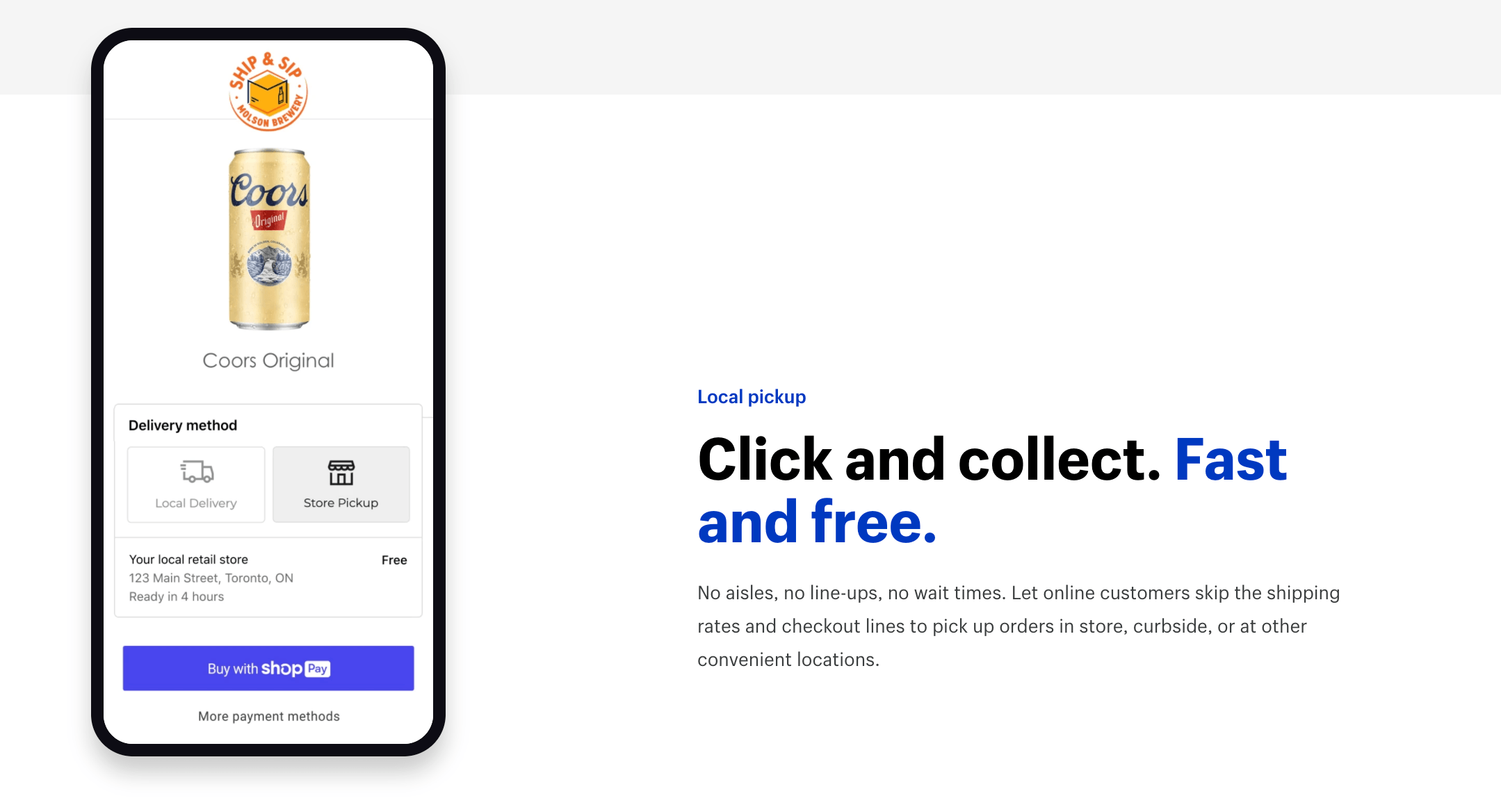
Core dna
Core dna supports third-party integrations for simplified shipping and includes calculators for UPS and FedEx.
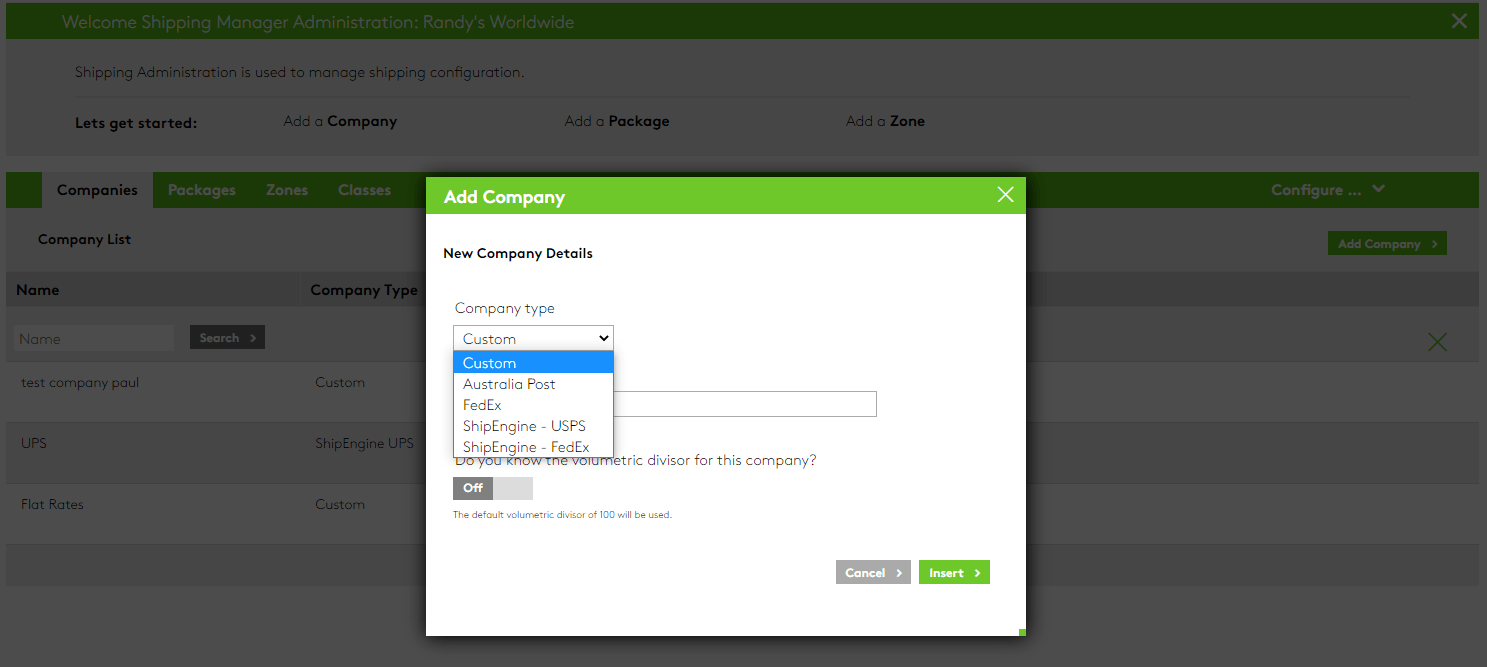
Plus, Core dna’s zone-based shipping module enables you to set your own shipping options based on delivery locations and simplifies calculating shipping and handling costs based on the customer’s delivery address.
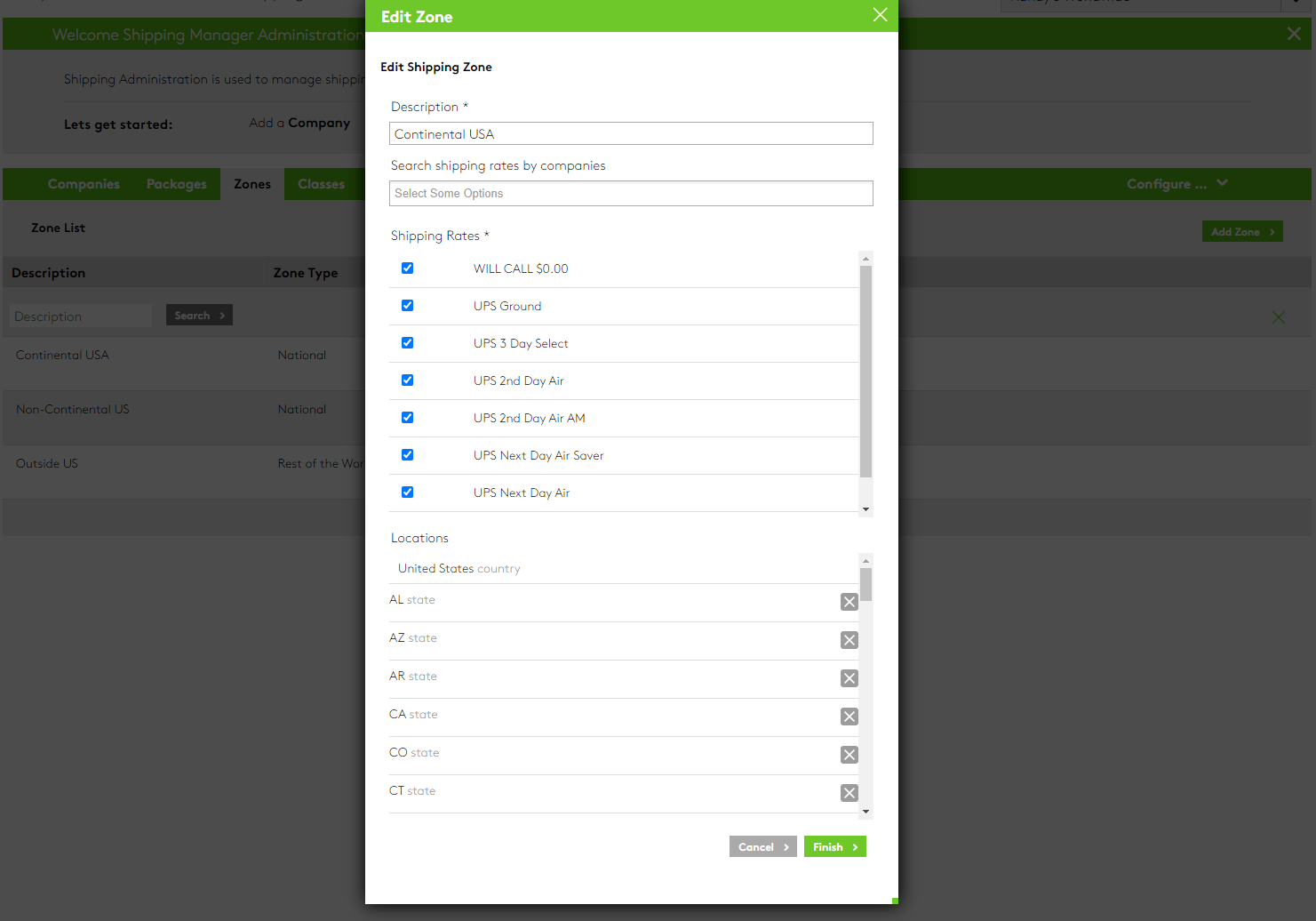
Managing products
Your eCommerce platform should provide everything you need to manage your products and provide flexibility for customers searching for your store.
Discounting features
Discounts are commonplace in the world of eCommerce, especially for B2C customers. So platforms should facilitate easy discounting options to help drive sales and increase conversions.
BigCommerce
BigCommerce makes it easy for you to offer promotions and enables product level discounts like “buy one get one free” to encourage specific purchases. More than 70 discount options available out-of-the-box allow you to reward different groups of customers in unique ways.
The platform also gives you the chance of building unique rules that can be automatically applied at checkout based on what’s in the cart, whether that be specific categories, brands or something else.
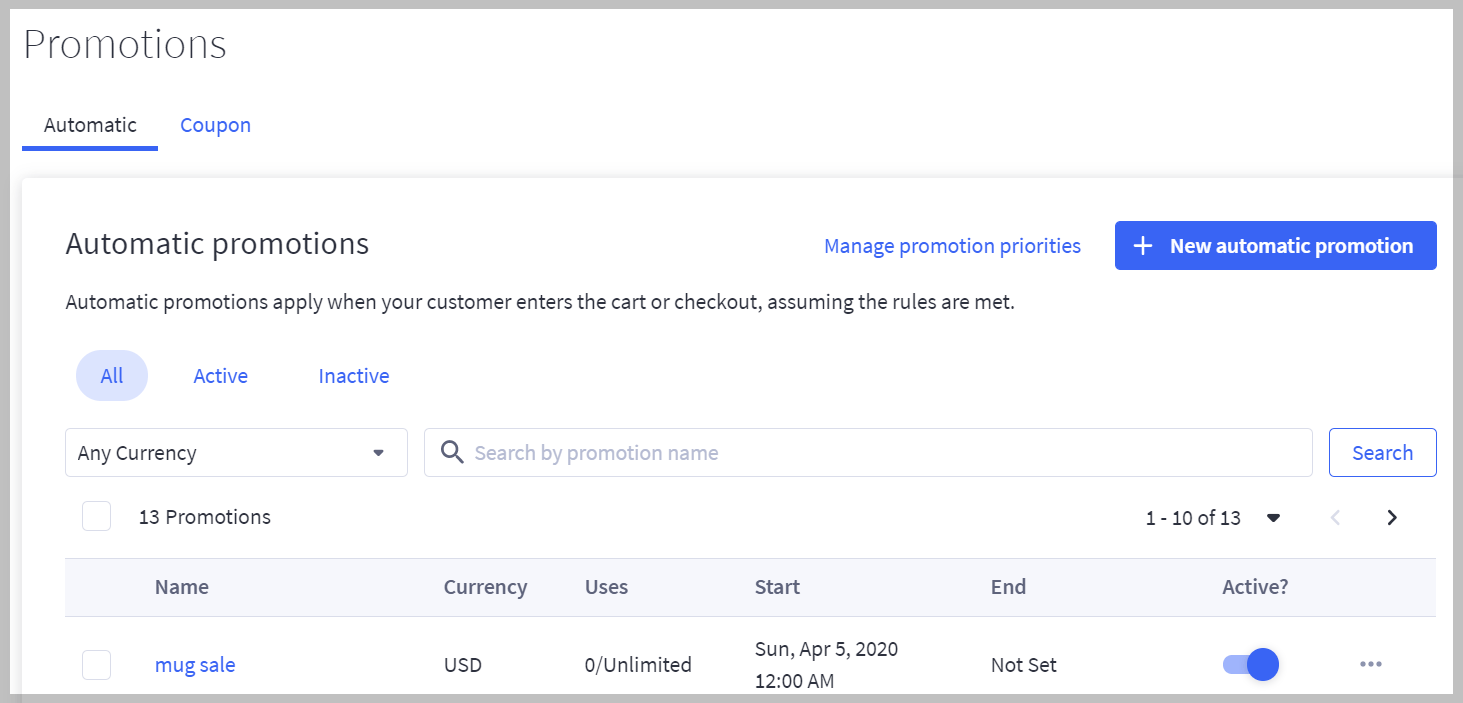
Shopify Plus
Allows you to create codes and set up automatic discounts. Also, any special discounts import along with the order and display on the packing slip.
Additionally, it enables fixed-price lists, percentage off, or volume-based discounts, and makes it easy to share and promote discounts on social media.
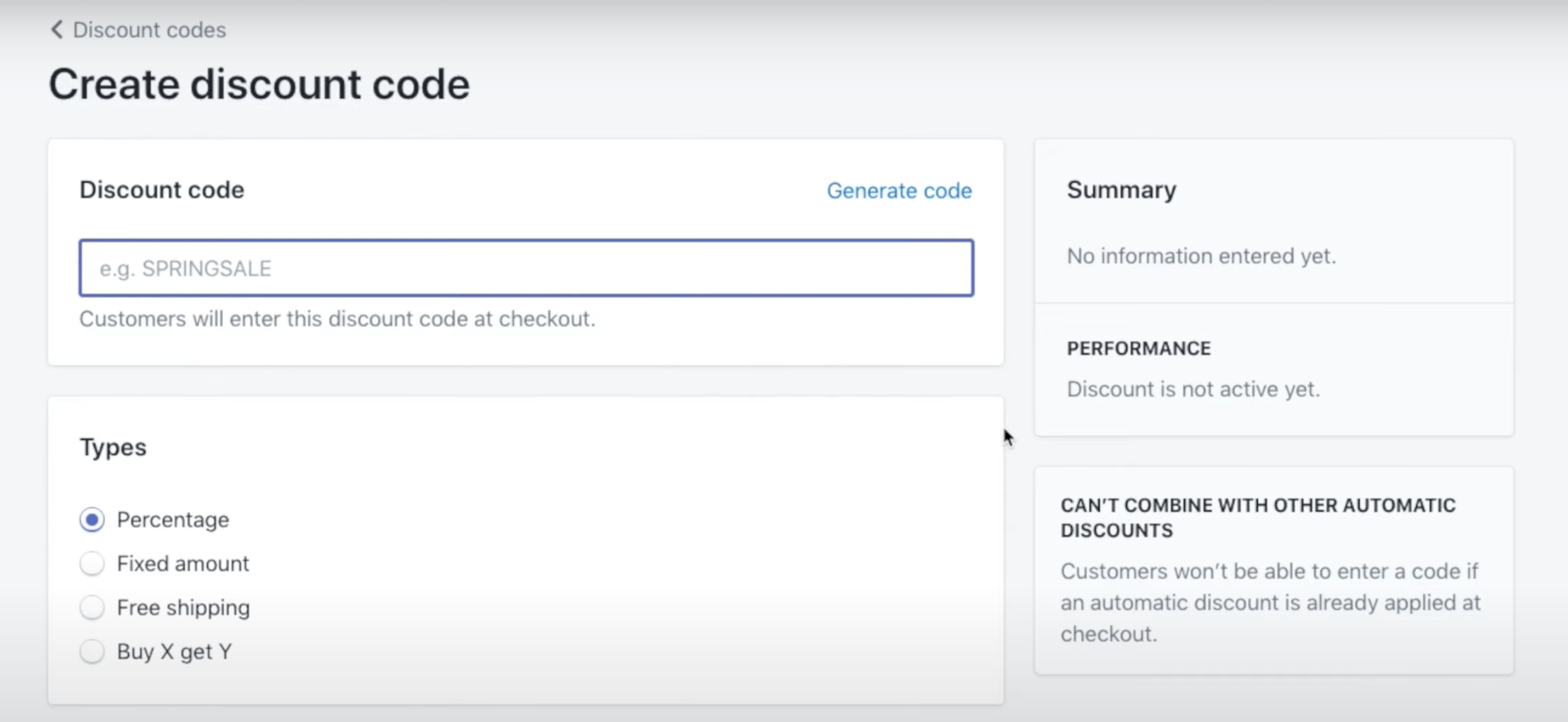
Core dna
Core dna’s discount coupon creation tool enables eCommerce stores to make and deliver customized discount coupons for just about any situation. Whether you’re creating in-app discounts, employee, student or members discounts or more. Also, Core dna discount engine supports:
- Limited use codes: Discount codes that expire after a certain period of time has passed.
- Pricing discounts: Codes that reduce the price of items by a certain dollar or percentage amount.
- Qualification for additional free items / free shipping: Once a customer reaches a specified threshold, their order can qualify for free shipping.
- Time-limited promotions: Promotions valid only on a specific date or for a season.
- User group promotions: Discounts that are meant for a specific segment of users such as wholesale buyers or team members.
- User history-based promotions (registration date, spend to date, etc.): Discounts valid once customers have been a client for a specified period of time or have spent a certain amount of money.
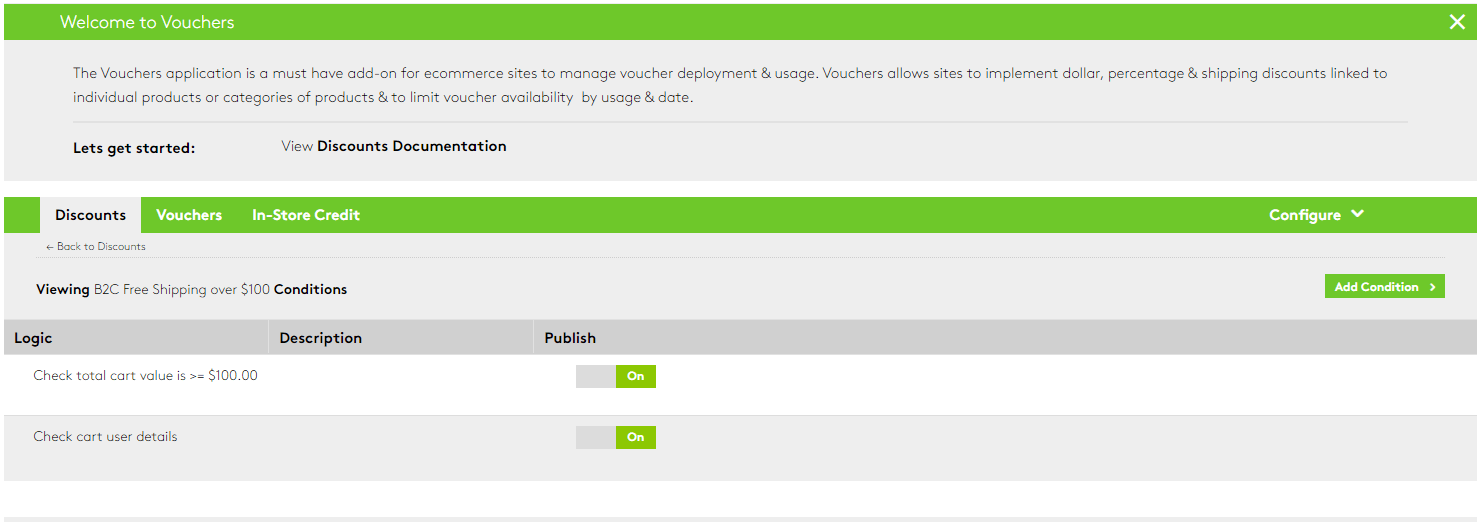
(Core dna’s discount logic)
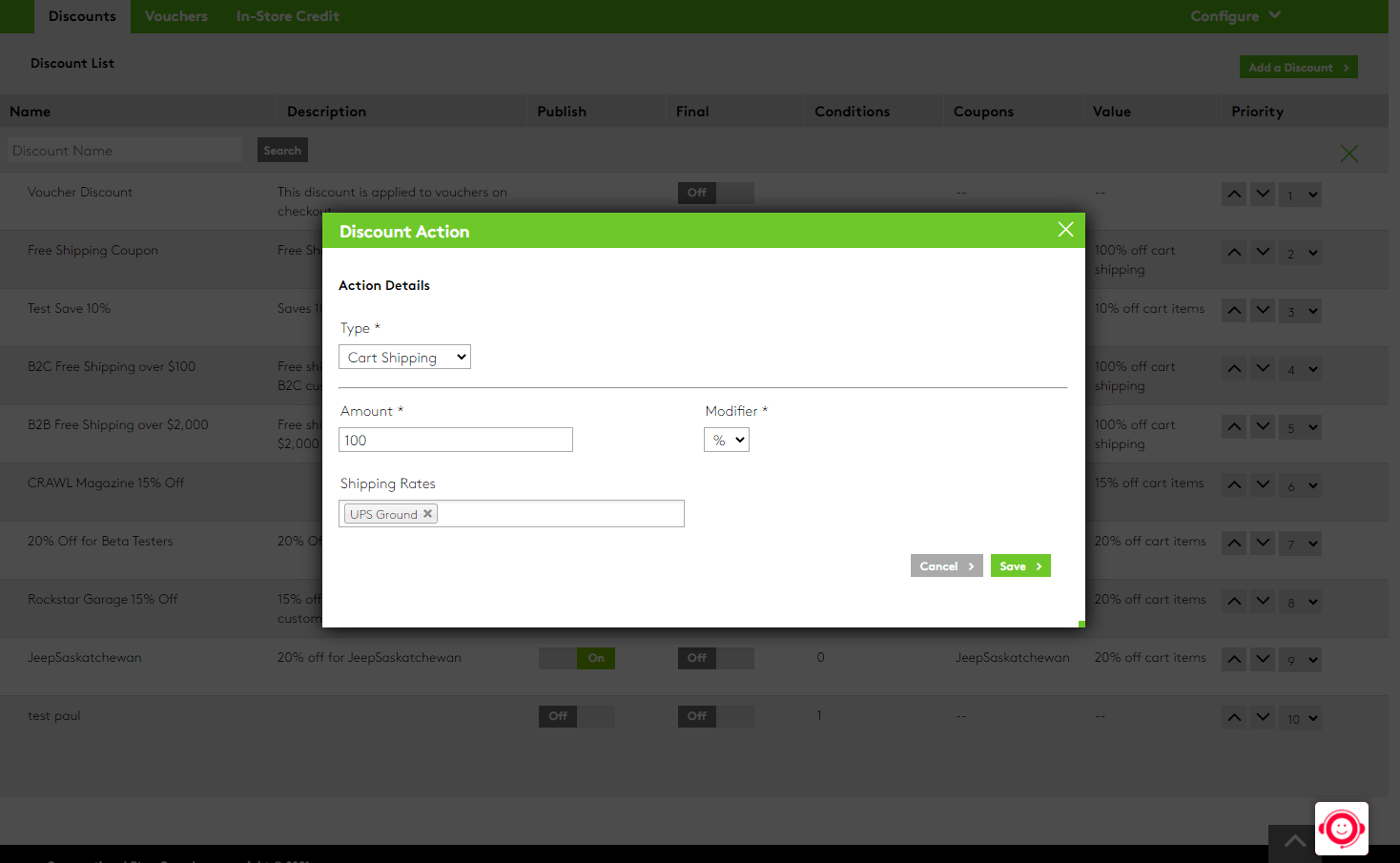
(Core dna’s discount action)
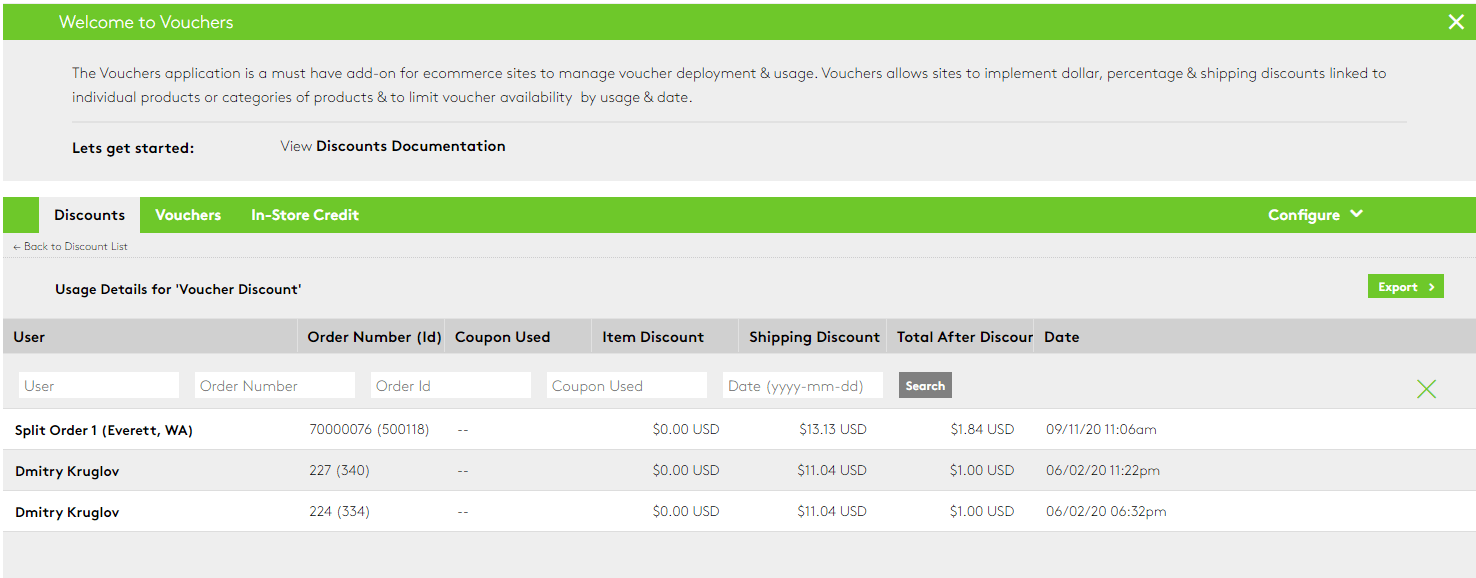
(Core dna’s discount usage details page)

Save this guide: Plus bonus 100+ questions to ask your eCommerce vendor
Everything you need to know about BigCommerce, Shopify Plus, and Core dna as an enterprise eCommerce platform.
Product variants
Product variants provide customers with different options for each product. Your platform should simplify this process for you on the backend.
BigCommerce
BigCommerce allows for different product options. For example size and color. Each of these options can have different values such as small, medium and large.
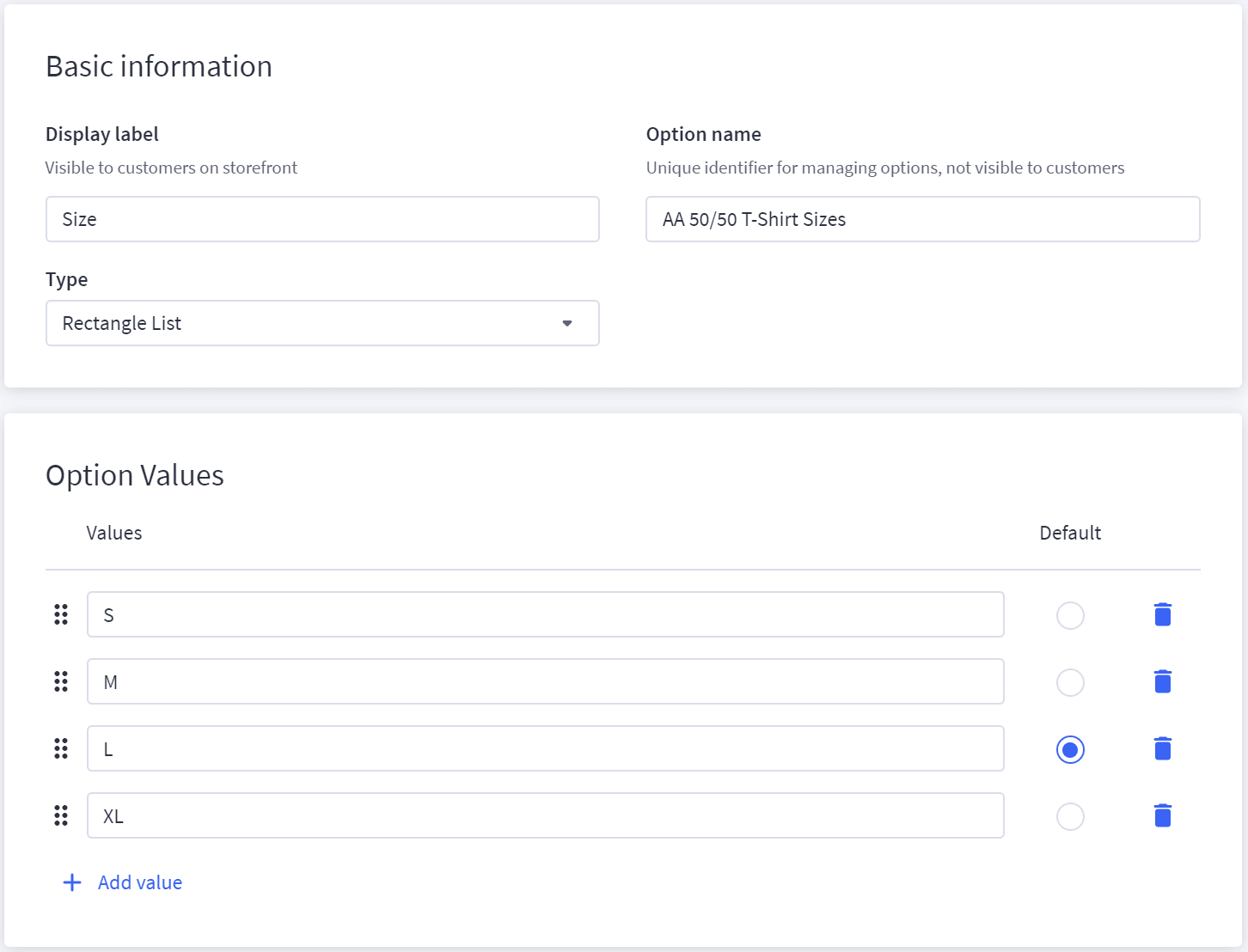
Shopify Plus
Shopify Plus allows you to create up to 100 variants for a product, and there are three options for each product. Options can be different from product to product, for example, one product can use size, color, and style, and another product can use weight, finish, and material.

Core dna
In Core dna, you can have variants of a product that are multi-dimensional. For example, size, color, volume, any property that has an option.
There is no limit to the number of variants, and each variant can have its own properties (e.g. price, description, etc.). Variants can also be made available to only a specific user group or individual.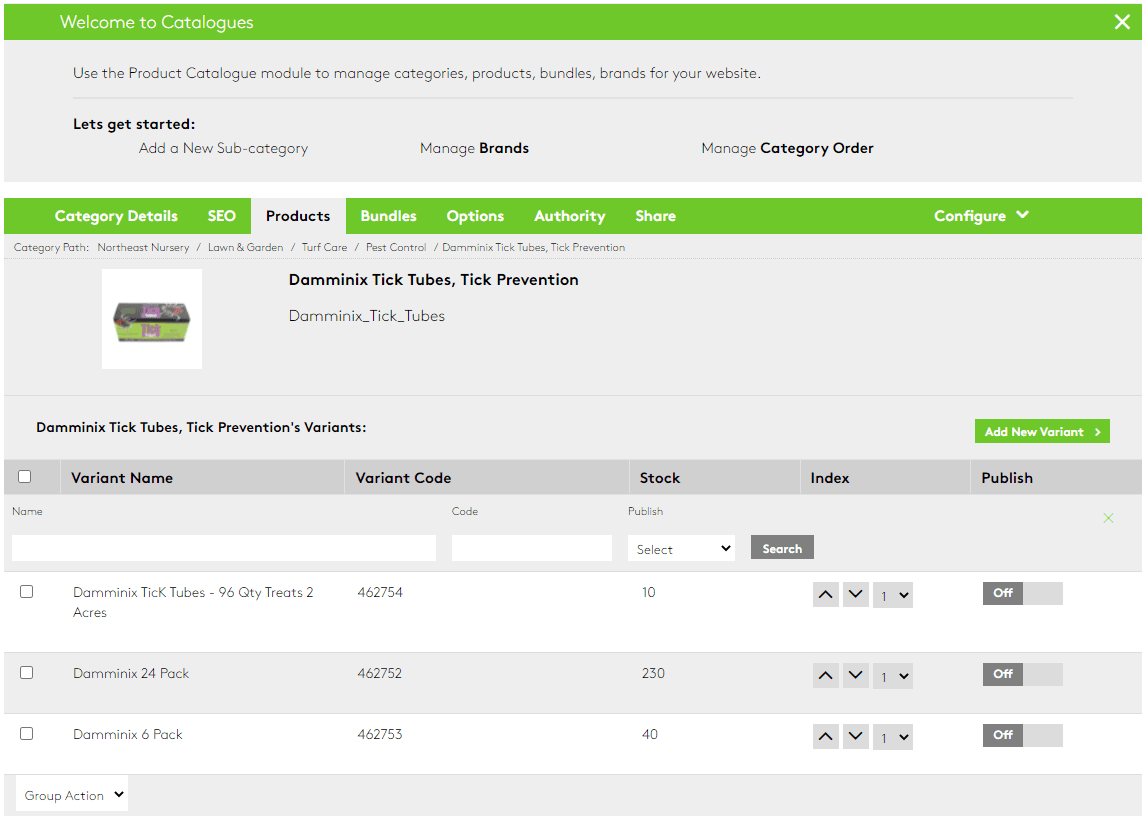
Product bundles
Complimentary products can be grouped together to create a bundle within your eCommerce store.
BigCommerce
BigCommerce provides an option known as pick lists that allow customers to select additional products or upsells. However, only products without options or variants can be included in a pick list. For more extensive product bundling options, a plugin or app is required.
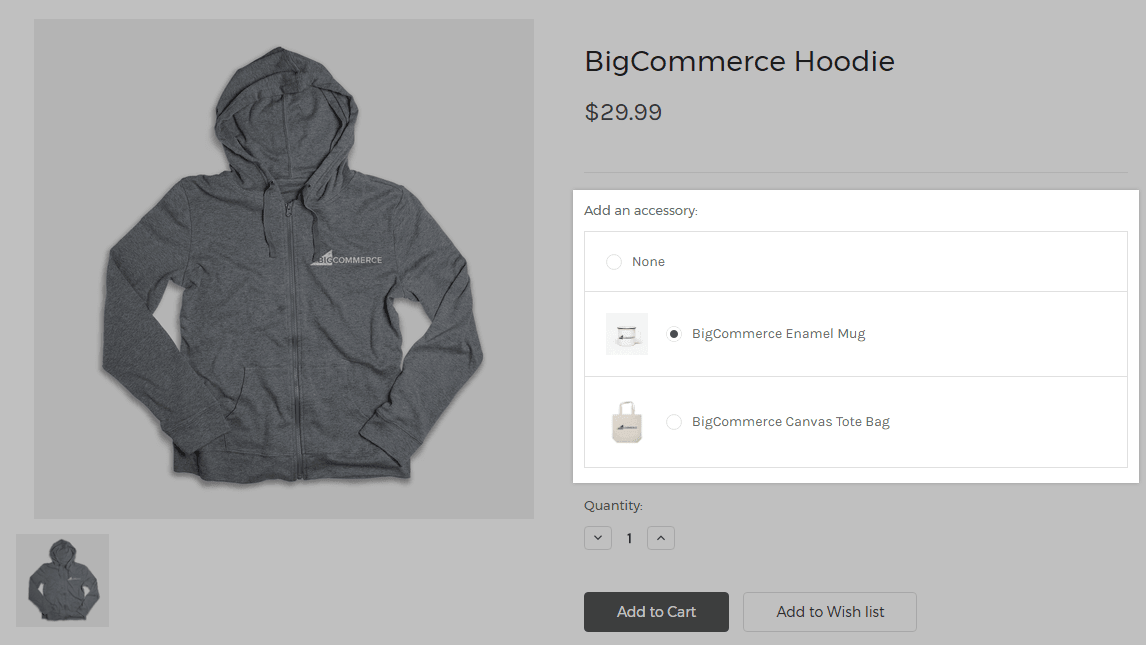
Shopify Plus
Shopify Plus supports simple bundling options such as ‘buy-and-save-more’ or quantity discounts. Additional bundling options are available through third-party apps.

Core dna
Core dna offers unique pricing per bundle that can be dependent on the quantity. Bundles are also available to specific user groups or individual users.
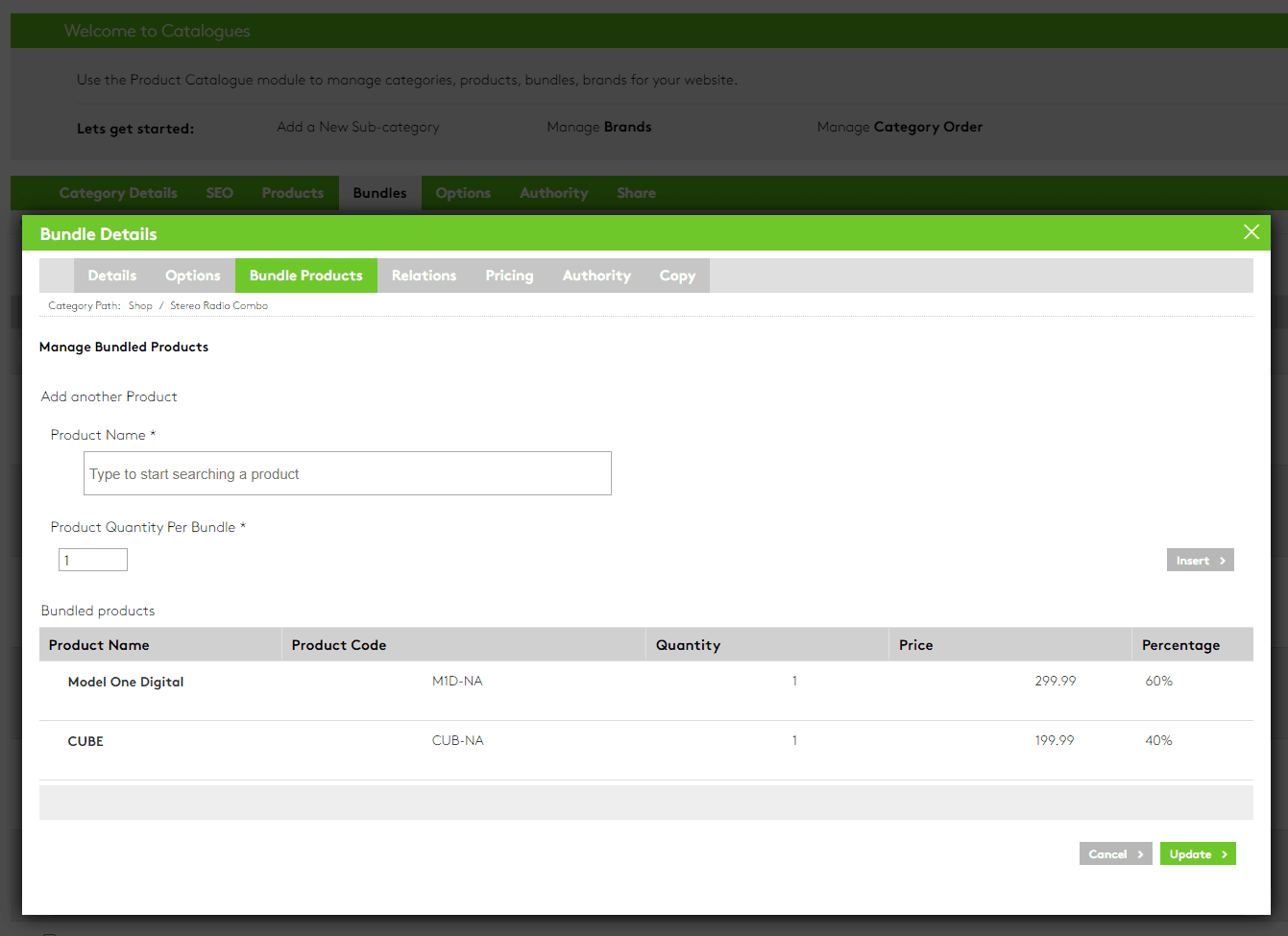
Product search
Search functionality is an important component for your eCommerce store. It enables visitors to find products easily and guides them in their search rather than waiting for them to simply browse an entire category.
BigCommerce
BigCommerce provides advanced product filtering with faceted search and attributes to allow customers to find the products and categories they care about. Advanced product search features are also available to search by range and settings.
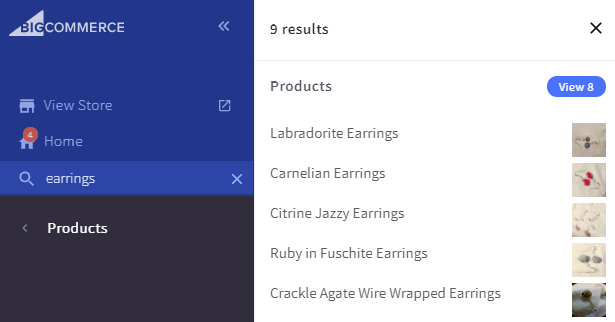
Shopify Plus
Shopify Plus’ search features include the ability to search for products based on titles, descriptions, SKUs and more. More advanced search capabilities require an app or plugin.
Core dna
Core dna offers faceted search with dynamic facets that can be created based on any properties of this product’s product or relationship. For example, search cart parts based on suitable cars.
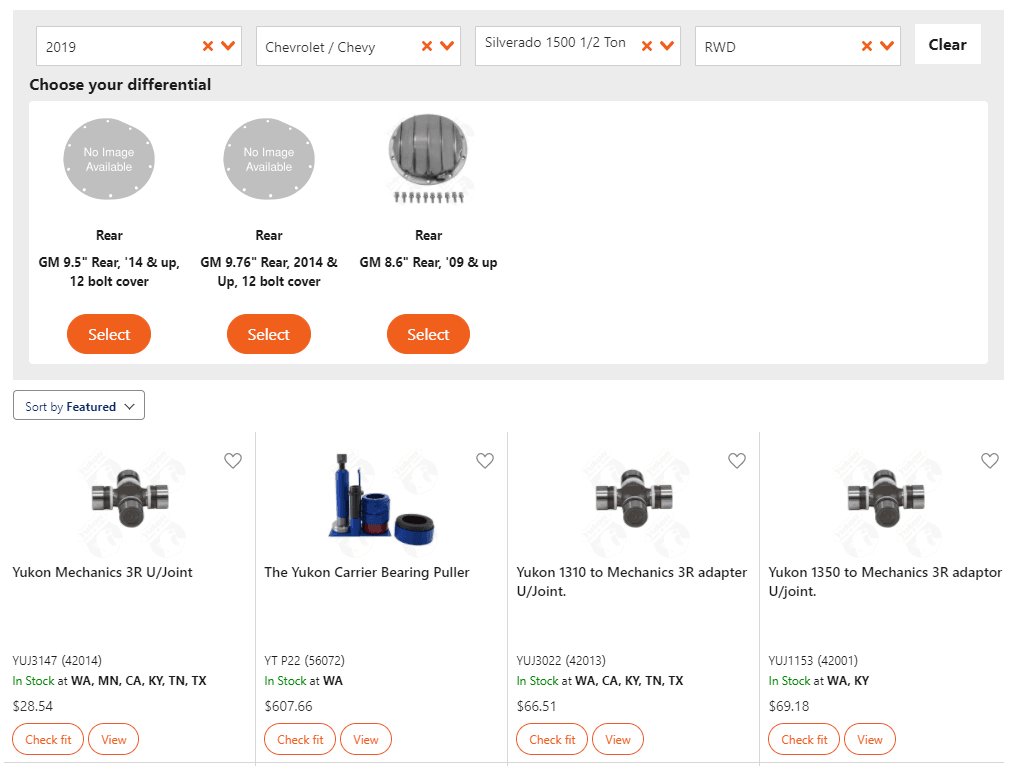
Full-text search provides the ability to configure relevant search results based on giving different weight to different fields.
For example, when someone types in a code and this code matches one product’s code and short desc of another product, the first product with a code-match appears higher in the search.

Autocomplete is available to define one or multiple fields for auto-complete matching. Define which field (e.g. code, name, SKU, UPC code, tag, prod category/name) we use for autocompletion. Also, fuzzy search to autocorrect typos when doing a full-text search.
Product pricing
Not every customer who comes to your eCommerce store will be the same, and neither should the price they see. Your platform should provide the flexibility to adjust pricing based on different scenarios.
BigCommerce
With BigCommerce, you can offer bulk pricing for both individual products using Bulk Pricing Rules. Variants can also have bulk pricing.

Shopify Plus
Shopify supports wholesale price lists for products that you want to offer at wholesale prices. Volume pricing is also available for minimum and maximum quantities and quantity increments.
Core dna
Core dna facilitates complex pricing scenarios, enabling personalized pricing to the individual level. Option based pricing is available for individual variants on the product.
For example, Small = $1. Medium = $2, etc. Complex product pricing enables you to price products with different options and inclusions and custom pricing based on business rules for customizable products.
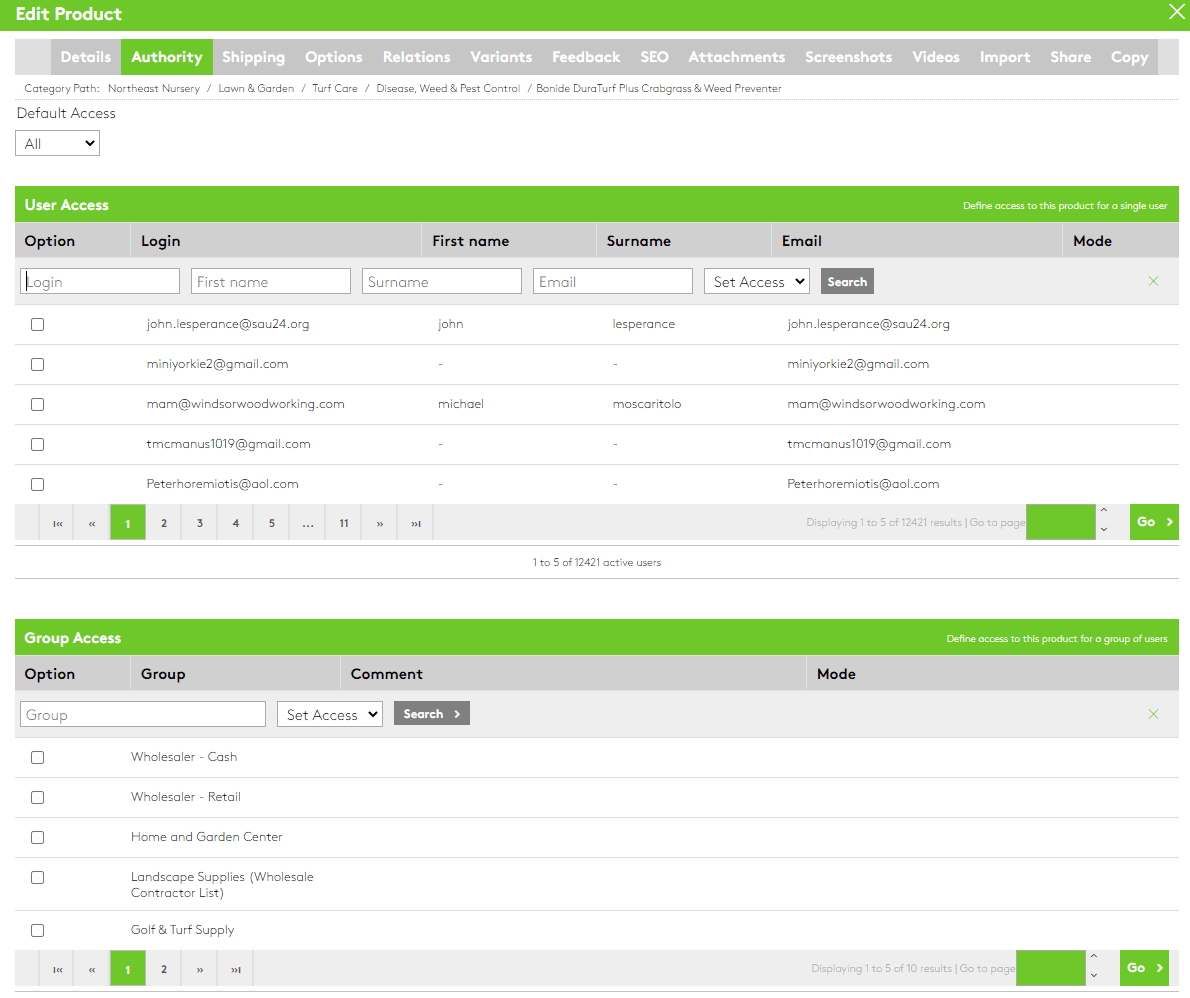
Multi-currency pricing and live pricing are available for industries where pricing fluctuates regularly, gold or stocks, for instance. Real-time pricing updates are available from 3rd party systems including ERPs, PIMs.
It’s also possible to create pricing modifiers based on users or groups which can either be a dollar value or +/- $ or %.
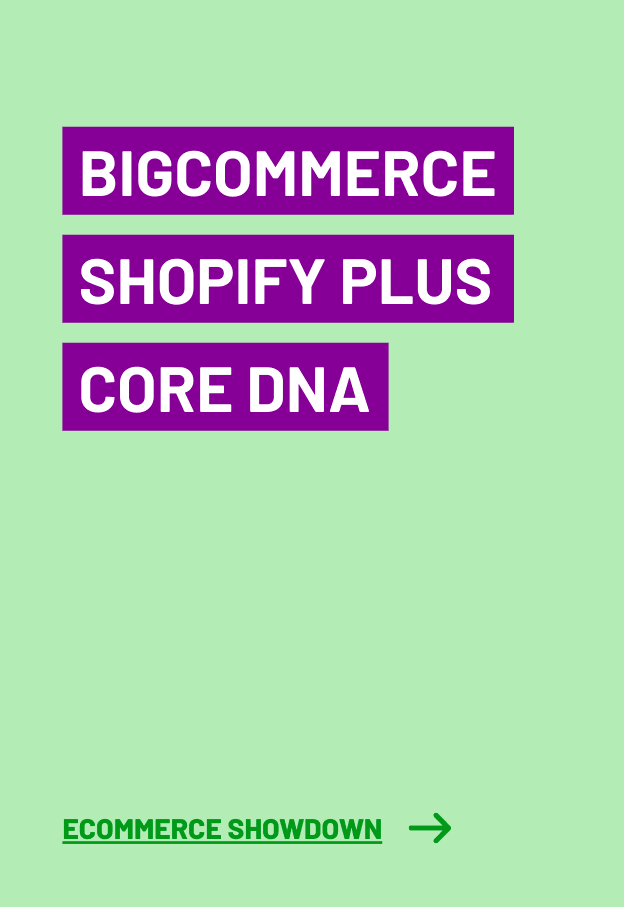
Save this guide: Plus bonus 100+ questions to ask your eCommerce vendor
Everything you need to know about BigCommerce, Shopify Plus, and Core dna as an enterprise eCommerce platform.
Developers
Managing an eCommerce store requires developers to help connect multiple tools and maintain the experience. Therefore your eCommerce platform needs to support developers with a robust tech stack, a collection of developer tools and more.
Overview
A summary of each platform’s approach to the critical role that developers play in the eCommerce ecosystem.
BigCommerce
BigCommerce provides a commerce engine that gives developers the flexibility to attach any frontend they desire. They can customize checkout and more. There are also several apps and themes available to extend functionality as required.
Shopify Plus
Shopify Plus provides an extensive developer community and flexibility that builds on the small business version Shopify’s customer base. There is a comprehensive list of documentation, apps, features and custom development solutions for developers to modify stores to suit their needs.
Core dna
Core dna is designed to give developers the most flexible SaaS platform stack that can be configured and customized to the individual customer. Developers are provided with a set of pre-built applications that can be integrated into a single solution.
Our goal is to provide an environment where developers can come with their own developer tools and comfortably integrate with Core dna with very little training.
Developer tools
Your eCommerce platform may come with several features out-of-the-box, but you still require other capabilities to get the most functionality out of it and make it easier on your developers as they focus on things like the staging environment and the ability to develop in parallel.
BigCommerce
BigCommerce provides a commerce engine that can be used for any frontend. The storefront APIs give you the tools to create custom product display page experiences, and BigDesign, a collection of custom React components and style guidelines created for external developers, helps you build apps that blend seamlessly within BigCommerce.
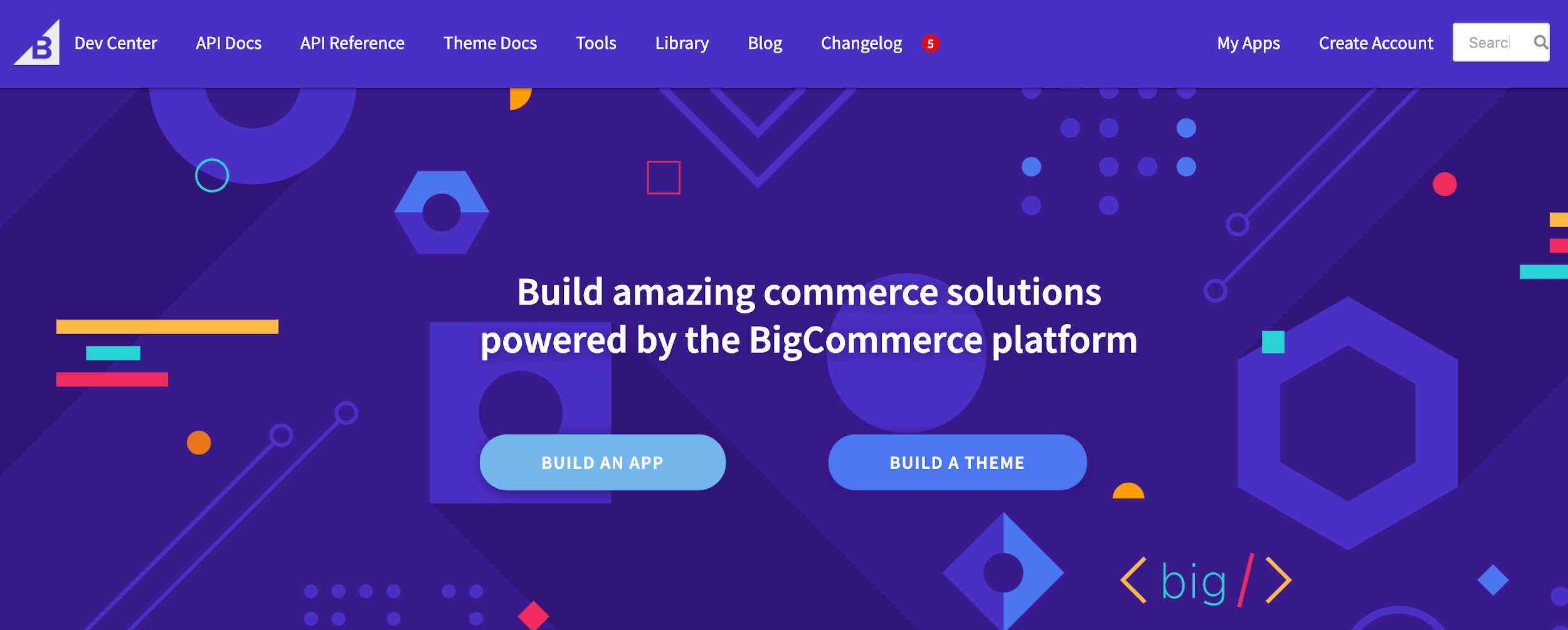
Shopify Plus
Shopify Plus provides a range of software tools, sample apps, and libraries to accelerate your development process. Developer Tools can generate dummy data for your store. With this data you can make authenticated calls to the Admin API, and view and customize Polaris components.
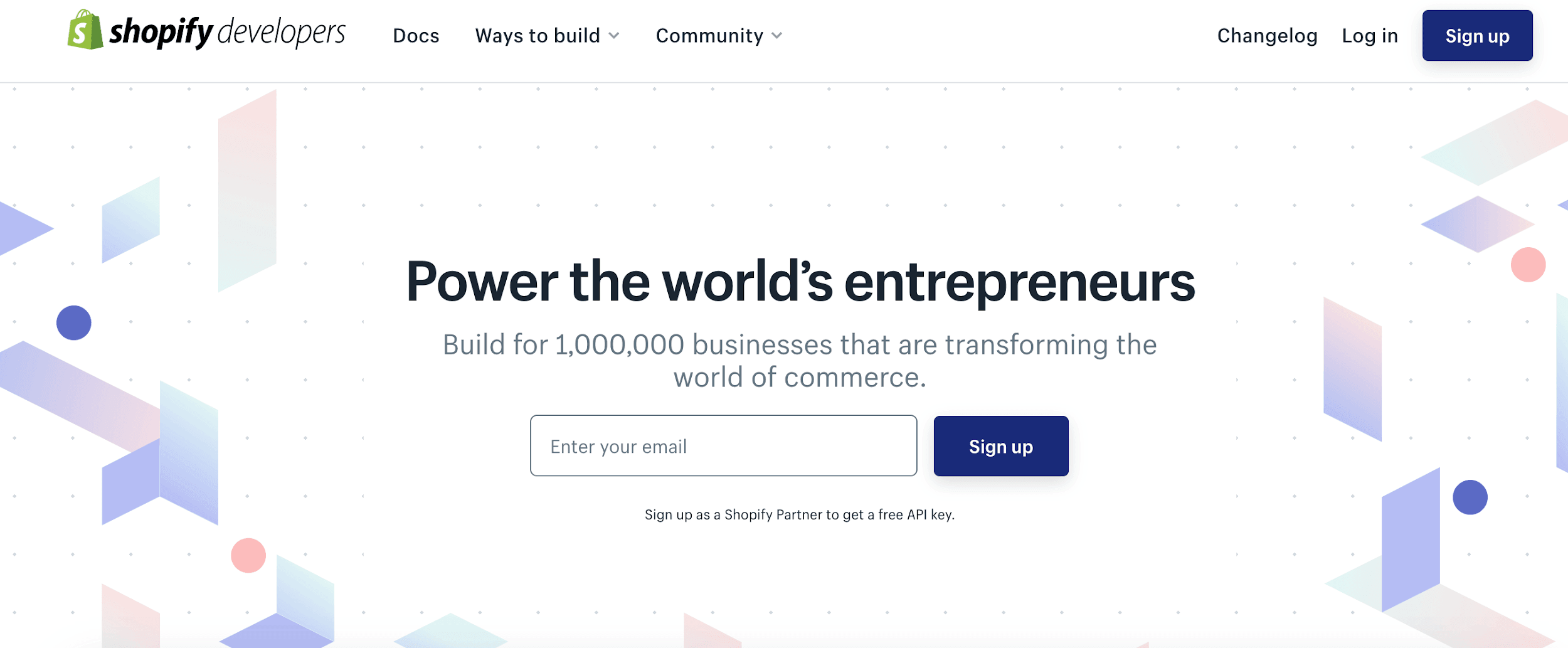
Core dna
Our library of over 80+ integrated microservice applications and object-based content functions make building templates an easy process with almost no need for coding.
It’s possible to deploy and change designs and content with Bitbucket, GIT or any other distributed version control system.
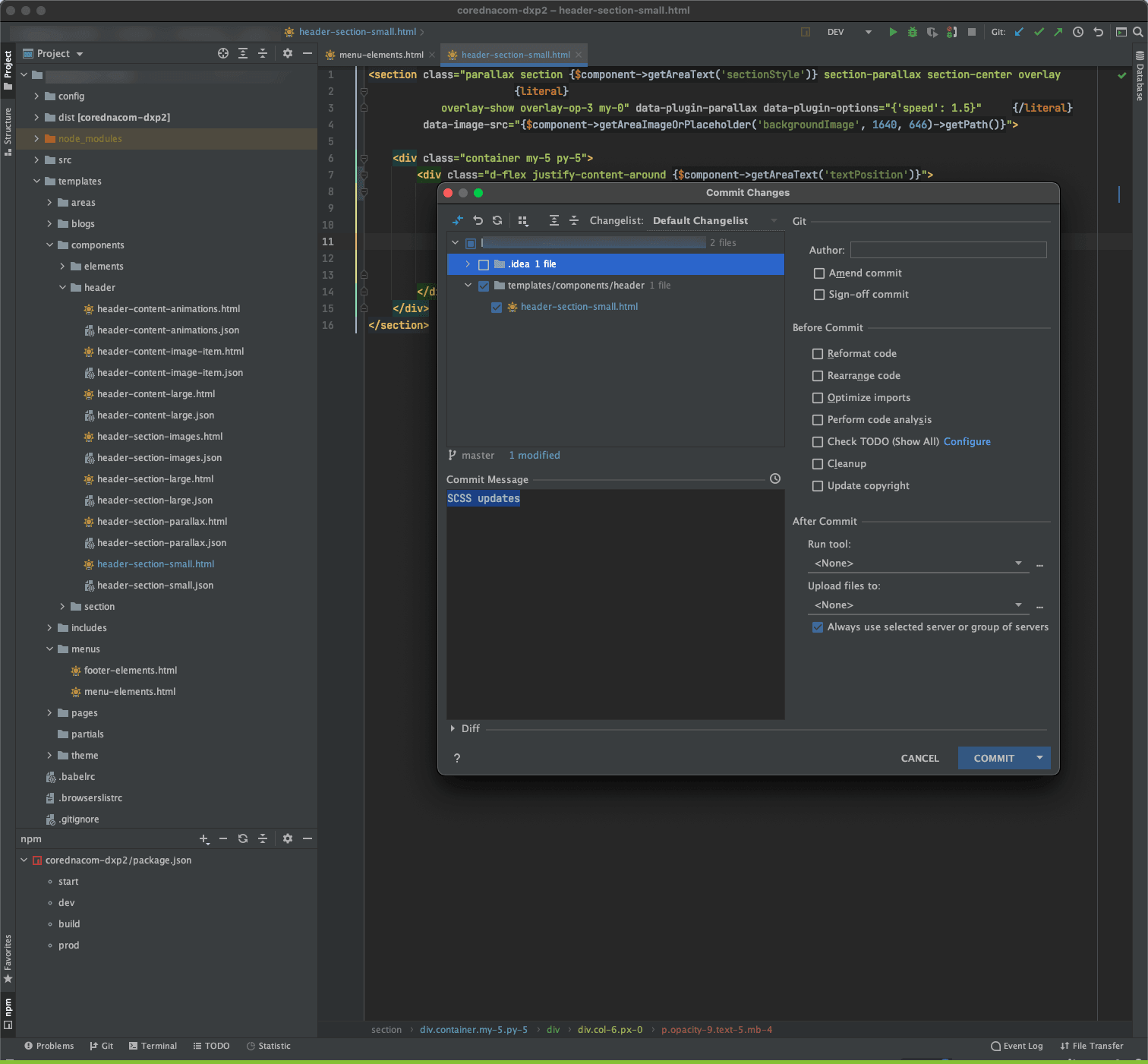
The integrated development environment simplifies collaboration between team members and allows you to save time.
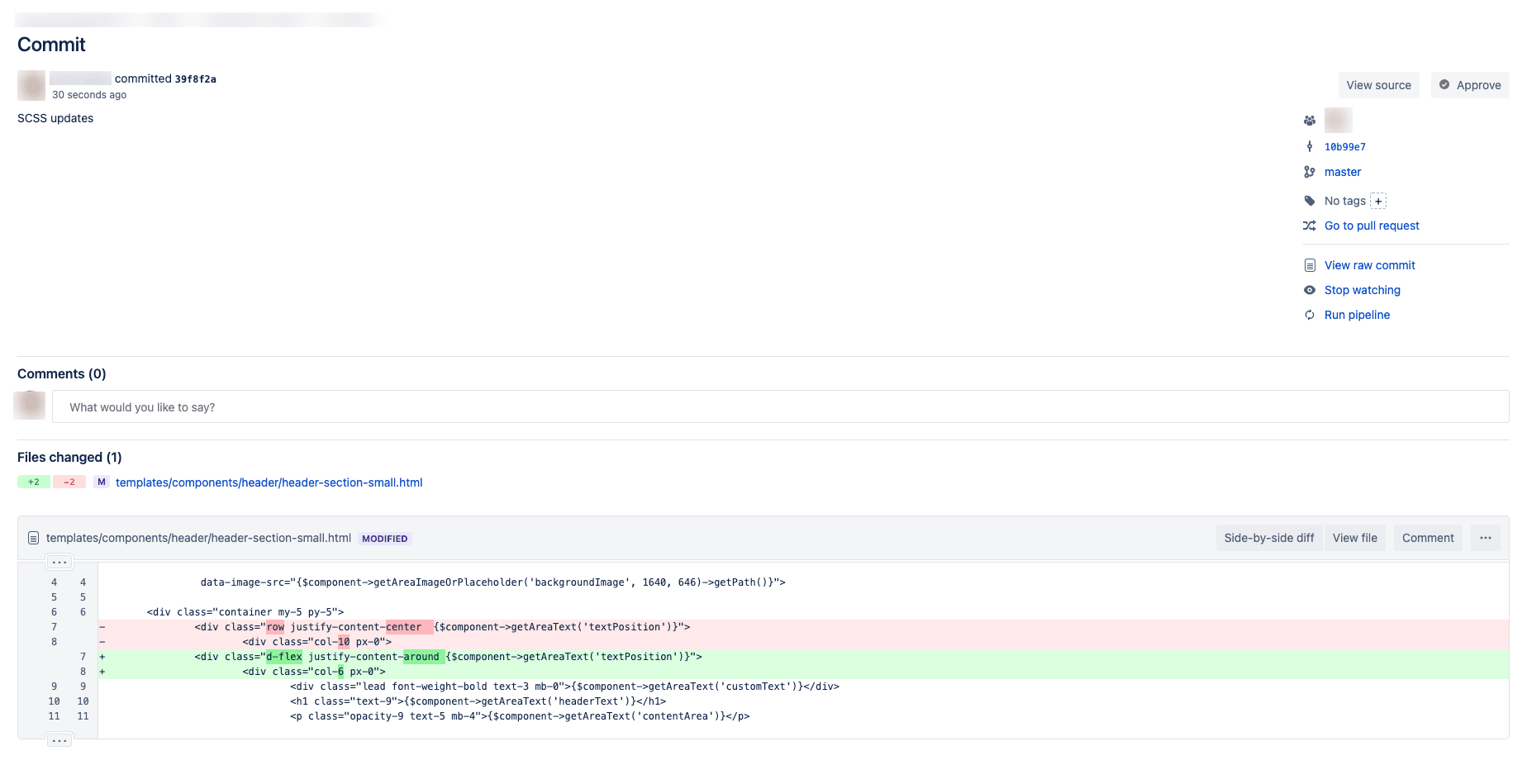
Developer stack
Each platform has its differences, but they also have several overlapping elements in their stacks.
BigCommerce
BigCommerce uses PHP and Nginx, Sass, Amazon CloudFront and Elastic Search as part of their tech stack. Find out all of the details here.
Shopify Plus
Shopify is built on a Ruby on Rails framework and uses Nginx, MySQL, React and React Native. A full breakdown can be found here.
Core dna
Core dna uses a LAMP stack as well as PHP, Apache, Nginx and SQL databases. You can use your own development tools to build websites. Core dna doesn’t require any special libraries and uses industry-standard tools for version control.
Core dna is a hybrid SaaS platform with built-in support for templating languages. There is an easy-to-use debugging tool for frontend developers, and our “graylog” system holds information around requests and errors from the sites.
It will display all errors related to frontend development. For example, if a developer misspelt a function name that causes an error, they can use this module to look up the error and fix it.

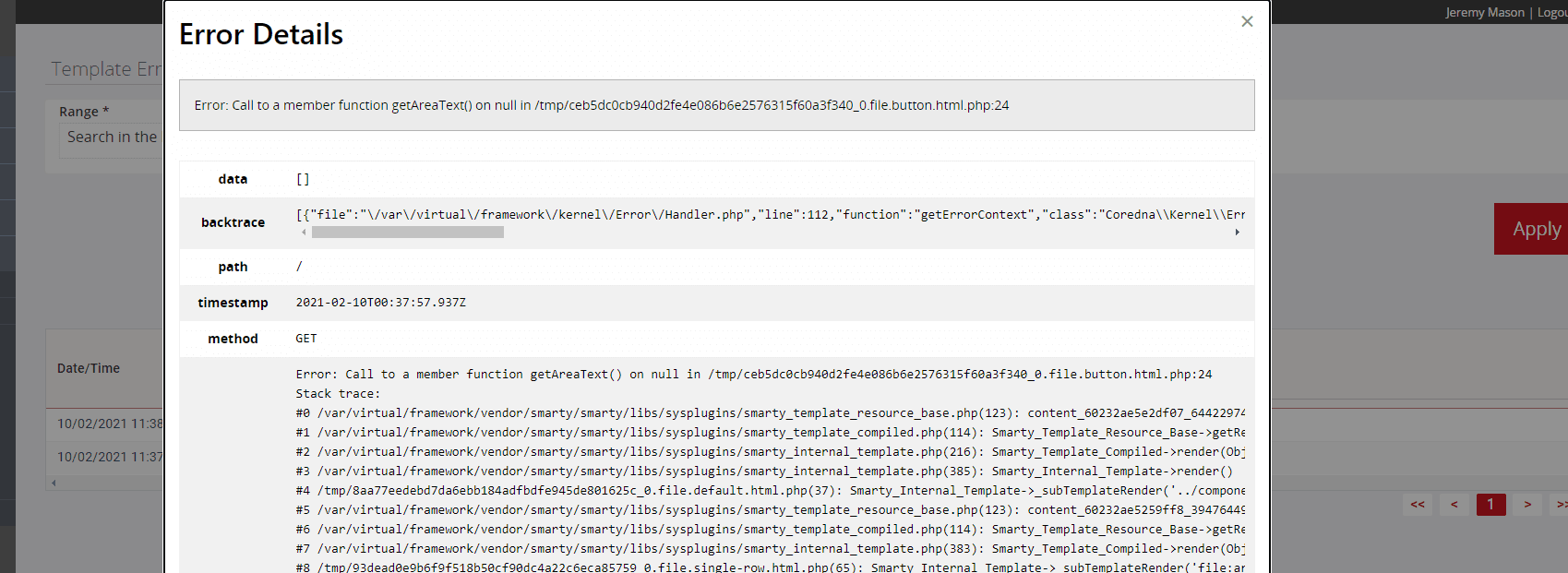
Headless commerce platform
While a robust eCommerce platform provides the power for a customer-facing website, customers today are expecting more. The ability to shop on multiple devices has meant that businesses are beginning to adopt headless commerce to fill that gap. The eCommerce platform you select should be able to facilitate this.
BigCommerce
BigCommerce provides a powerful commerce engine that enables businesses to deliver API-driven experiences with the help of another device or application such as a CMS.
With the presentation layer decoupled from its commerce backend, BigCommerce provides the flexibility for businesses to run multiple stores using various frontend solutions.

Shopify Plus
Shopify Plus’s commerce engine enables you to integrate business tools and CMS platforms to create customized storefronts and engage with multiple frontends.

Core dna
Headless capability is provided for all the available applications in Core dna. Developers can programmatically manage all aspects of Core dna using APIs as the platform has been built from the ground up to be API first.
You can output your content in HTML using templating engine or raw JSON data or custom JSON structure with your own configuration.
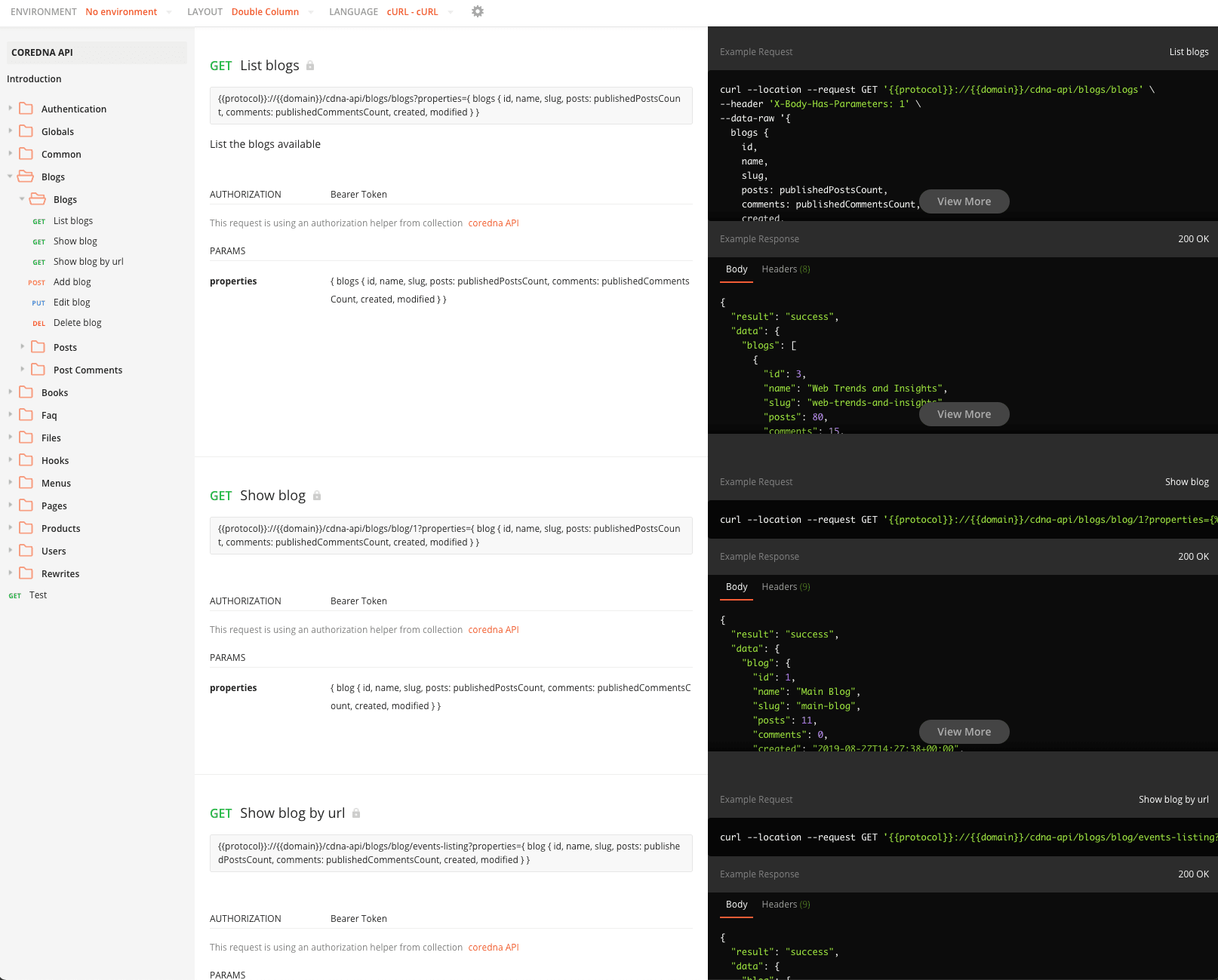
(All actions in the Core dna platform can be taken and performed via API)
REST and GraphQL support
Developers rely on APIs to extend the capabilities of their platforms. For an eCommerce platform, the use of REST APIs and GraphQL to connect to CMSs, frontend applications and more can speed up the development process and avoid creating custom versions of everything.
BigCommerce
BigCommerce’s REST APIs let you manage store data and perform actions as a store administrator. The GraphQL Storefront API enables querying of data from a theme site. GraphQL can also be used to retrieve data from several sources via a single API call, simplifying integration and experience building.
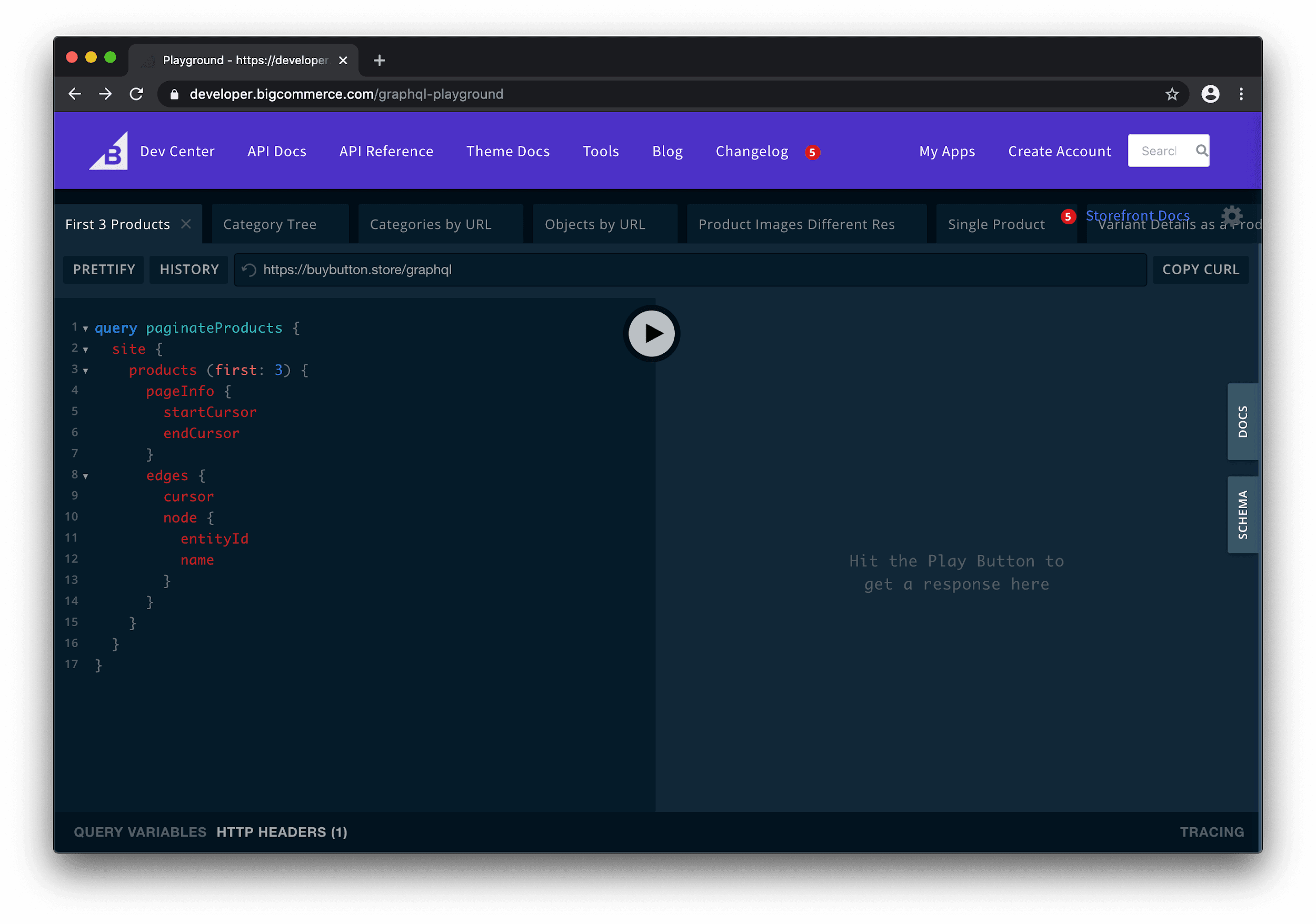
Shopify Plus
Shopify uses both REST and GraphQL for developing apps and integrations. However, GraphQL has become Shopify’s preferred option for APIs, especially for the storefront API and customer experiences.
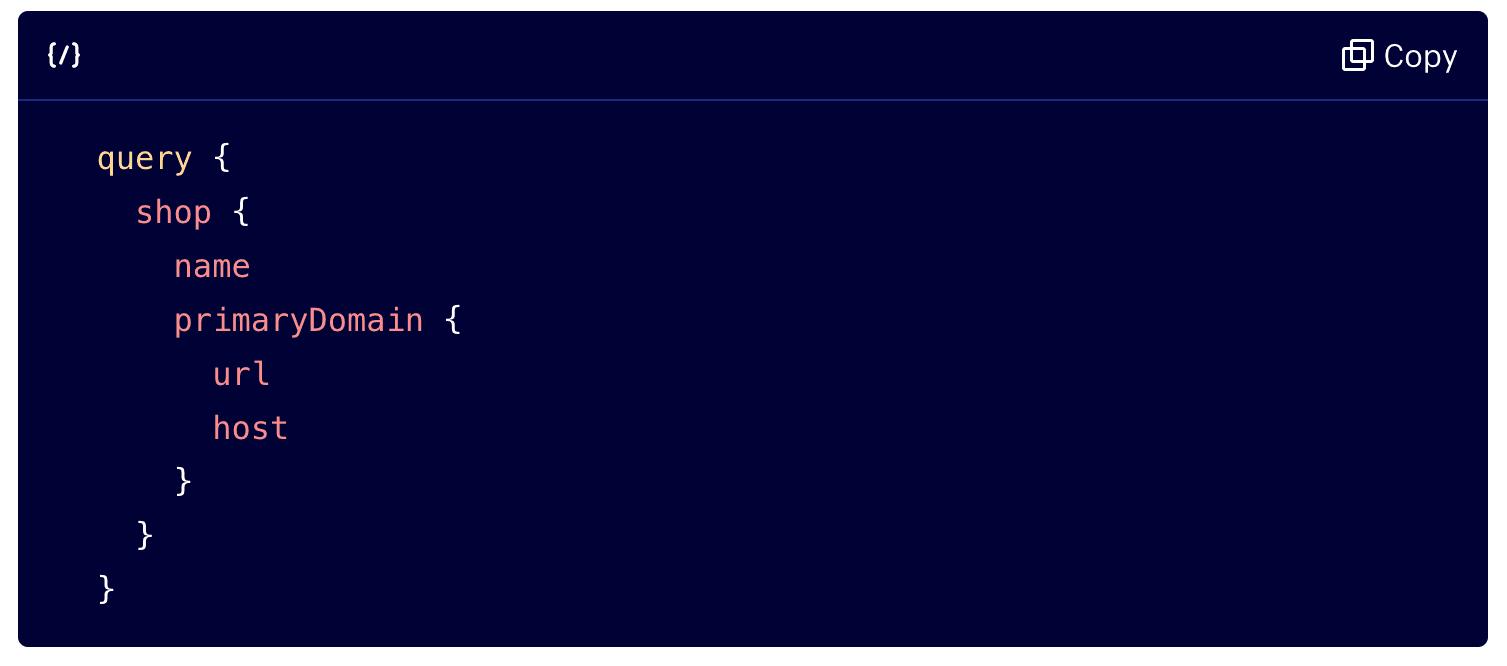
Core dna
Core dna combines a well-structured REST interface with the query capabilities of GraphQL, offering the best of both worlds.
Developers can leverage the power of GraphQL to retrieve customer data from a CRM or other tool in one trip. This can include retrieving user preferences, previous purchase data and more to personalize the customer experience.
GraphQL implementation is native to Core dna, so there is no intermediary GraphQL layer querying REST APIs in the background. REST APIs have been enabled to understand GraphQL queries and adjust responses to client needs.
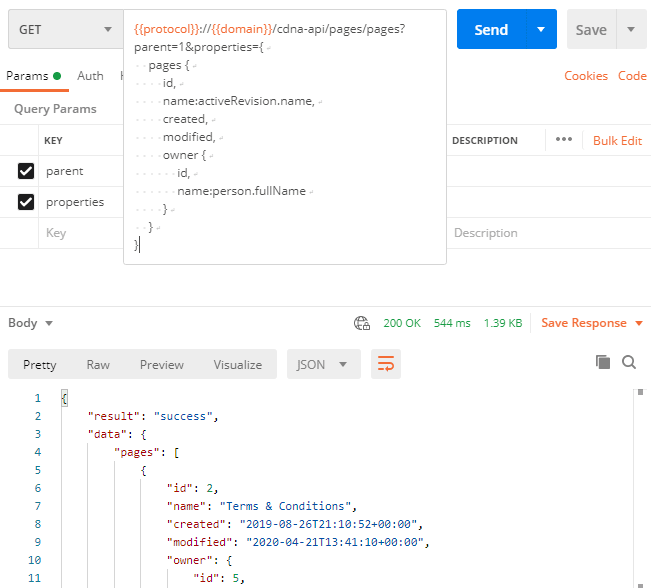
(Utilizing GraphQL queries on REST API)
Marketers
Marketers need an eCommerce platform to equip them with the right tools to create campaigns and other initiatives that improve the customer experience.
Overview
If you want to drive sales for your eCommerce brand, it’s imperative to get the marketing right. Your eCommerce platform should support you in your marketing initiatives and not hinder you from getting traffic from multiple sources.
BigCommerce
BigCommerce leverages integrations with social media platforms to facilitate omnichannel shopping for customers as well as brand promotions. It also integrates with other eCommerce platforms like Amazon and eBay.
On-site customer experience is taken into consideration with Google AMP and optimized images via Akamai Image Manager.
Shopify Plus
Shopify enables you to build marketing campaigns and integrates with Google Shopping. You can target your audience members on social media and your blog and use Shopify’s virtual assistant Kit to perform marketing automation tasks.
Core dna
Native CMS tools enable you to quickly build landing pages and individual offerings, making it easier to create a fully-fledged marketing campaign. Core dna also gives you the tools to build a content strategy right from your CMS and take optimizable and testable customer journeys to a granular level.
You can also manage site navigation and content pages, administer elements including the SEO settings, publish status and personalization of each web page.
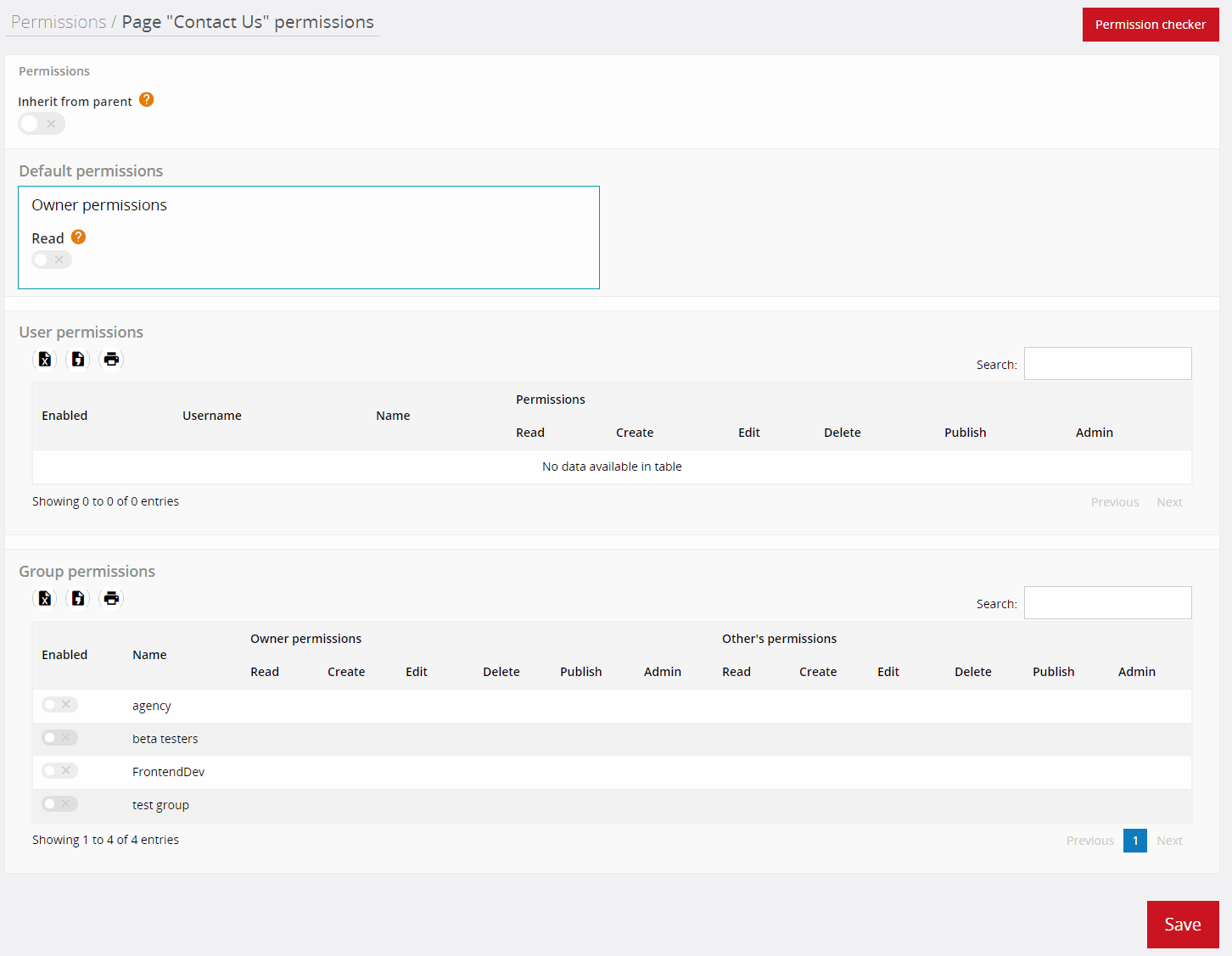
(Control who can see a page down to the individual level)
CMS and DXP
Native CMS and DXP capabilities can equip marketers with the right interfaces to create and manage content whether that comes in the form of a blog or if content needs to be distributed via another channel as email or social media.
BigCommerce
BigCommerce provides a native blog CMS that enables marketers to publish blog posts easily. More features are available via integration with a third-party CMS.
Shopify Plus
Shopify Plus includes an integrated SEO friendly CMS that supports SEO best practices and content management. More features are available via integration with a third-party CMS.
Core dna
Core dna has integrated CMS tools, including page management, form management, FAQ system and other tools to facilitate visitor engagement. You can preview content from any Core dna application before publication and leverage an easy-to-use rich-text and HTML editor.
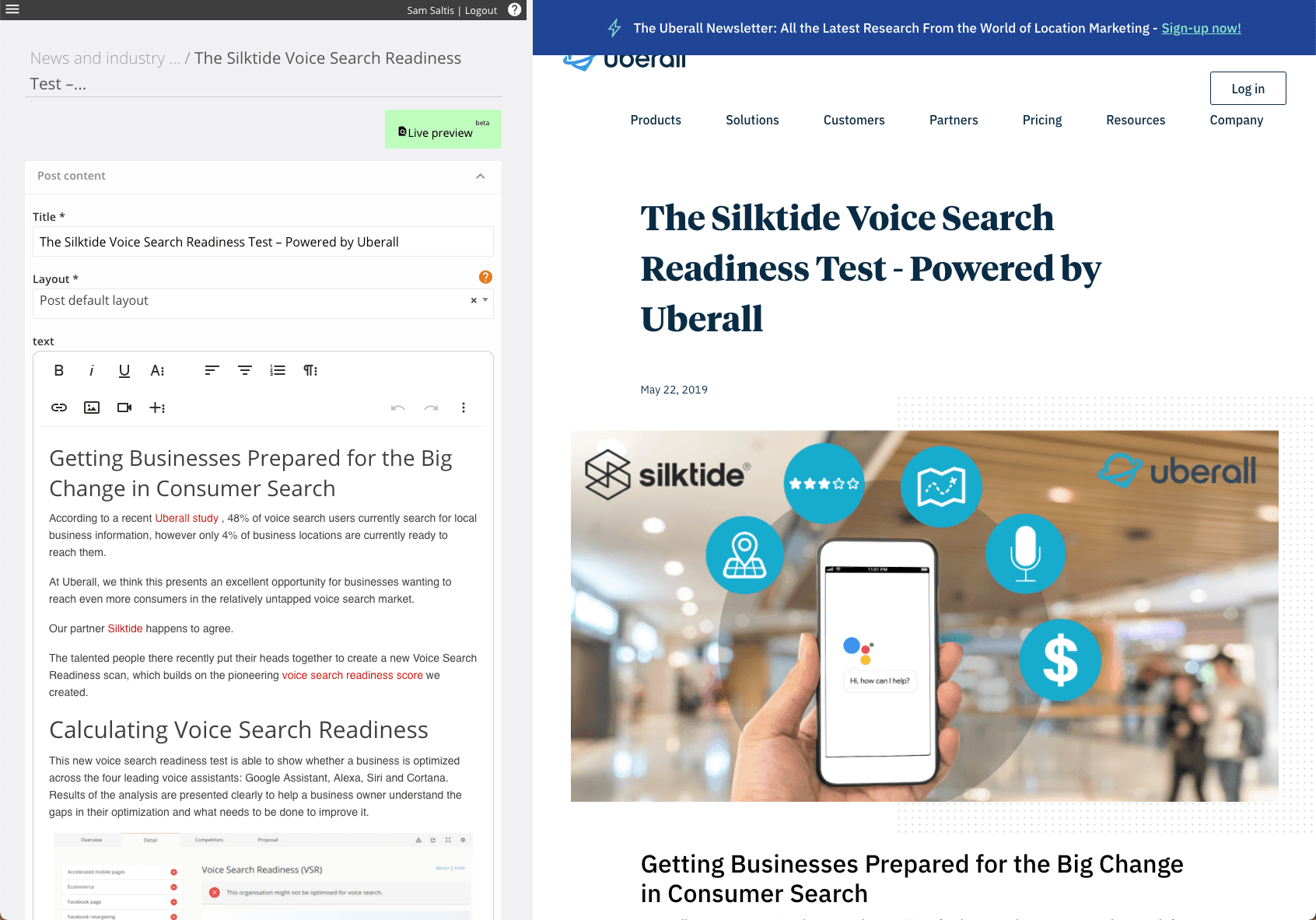
(Live preview the page before pushing it live)
eCommerce SEO
Driving traffic with search engines’ help is another way to take your brand to the next level and go the extra mile with your marketing efforts.
BigCommerce
BigCommerce sites are fully crawlable by Google Robots and include SEO-friendly URLs out of the box and automatic 301 redirects and more to align with search engine requirements.
Shopify Plus
Shopify includes basic SEO options, but you won’t find anything advanced here unless you integrate third-party software.
Core dna
A headless CMS built with content in mind; Core dna simplifies eCommerce SEO and website building through canonical tagging. It includes an SEO rewrite feature that optimizes meta descriptions, titles and tags with social media optimized content.
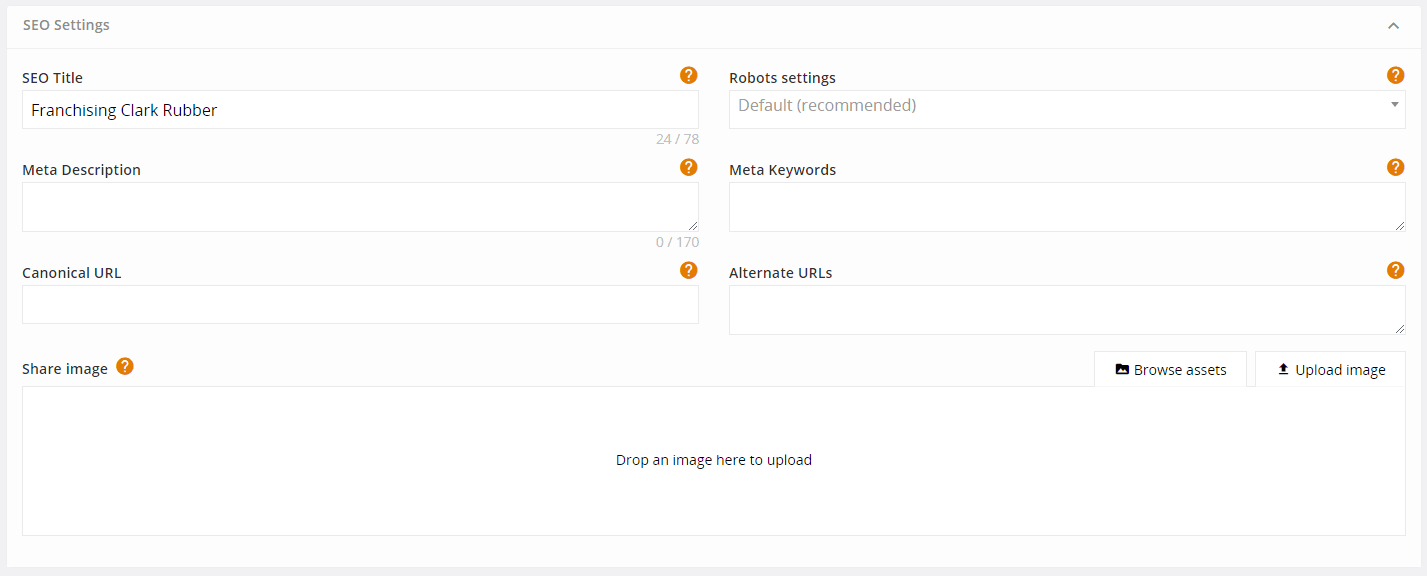
Reporting
Data-driven decision making is essential for brands of all sizes. Knowing how well your store performs consistently enables you to make the most informed decision for your brand’s success.
BigCommerce
BigCommerce gives you a bird’s eye view of all the major eCommerce metrics through Ecommerce Analytics, enabling you to see performance across channels. The reporting feed also shows you a summary of your tax reports, which is often overlooked.
Shopify Plus
Shopify has beautiful UI and transparent reporting, meaning that you won’t get lost and will easily find what you’re looking for. The native reporting may be somewhat basic for more advanced users, but it can also be enhanced with integrations from various plugins options.
Core dna
Core dna also has a built-in reporting system and can be integrated with most of the market’s major reporting tools. The platform enables granular information capture to facilitate personalized reporting that can be used to enhance the customer experience.
Platform
The right eCommerce platform can provide the capabilities necessary for an enterprise-level business.
Multi-brand/Store management
Many businesses don’t only operate one brand but will have multiple storefronts owned by the same company. Having a way to manage each store from the same location is critical.
BigCommerce
BigCommerce enables quick, targeted marketing across multiple stores in different locations and offers multi-currency and multi-language support. BigCommerce can provide multiple customer experiences that help with customer segmentation and fulfillment and provides an easy option for creating numerous brands for your product.
Shopify Plus
Shopify doesn’t support multi-store setups, but the platform enables you to create clones of your website. However, there’s no unified inventory which can make managing multiple stores at the same time challenging.
For this reason, Shopify isn’t good for complex businesses with large catalogs as third party applications are required to manage multiple stores efficiently.
Core dna
With Core dna, you can run all your stores from a centralized location or separately without having scattered systems. Core dna’s multi-tenant architecture enables multi-store management.
The platform also offers geolocation, which allows store managers to attribute sales to different stores and processors. There is also support for international stores, thanks to multi-currency and localized currency options.
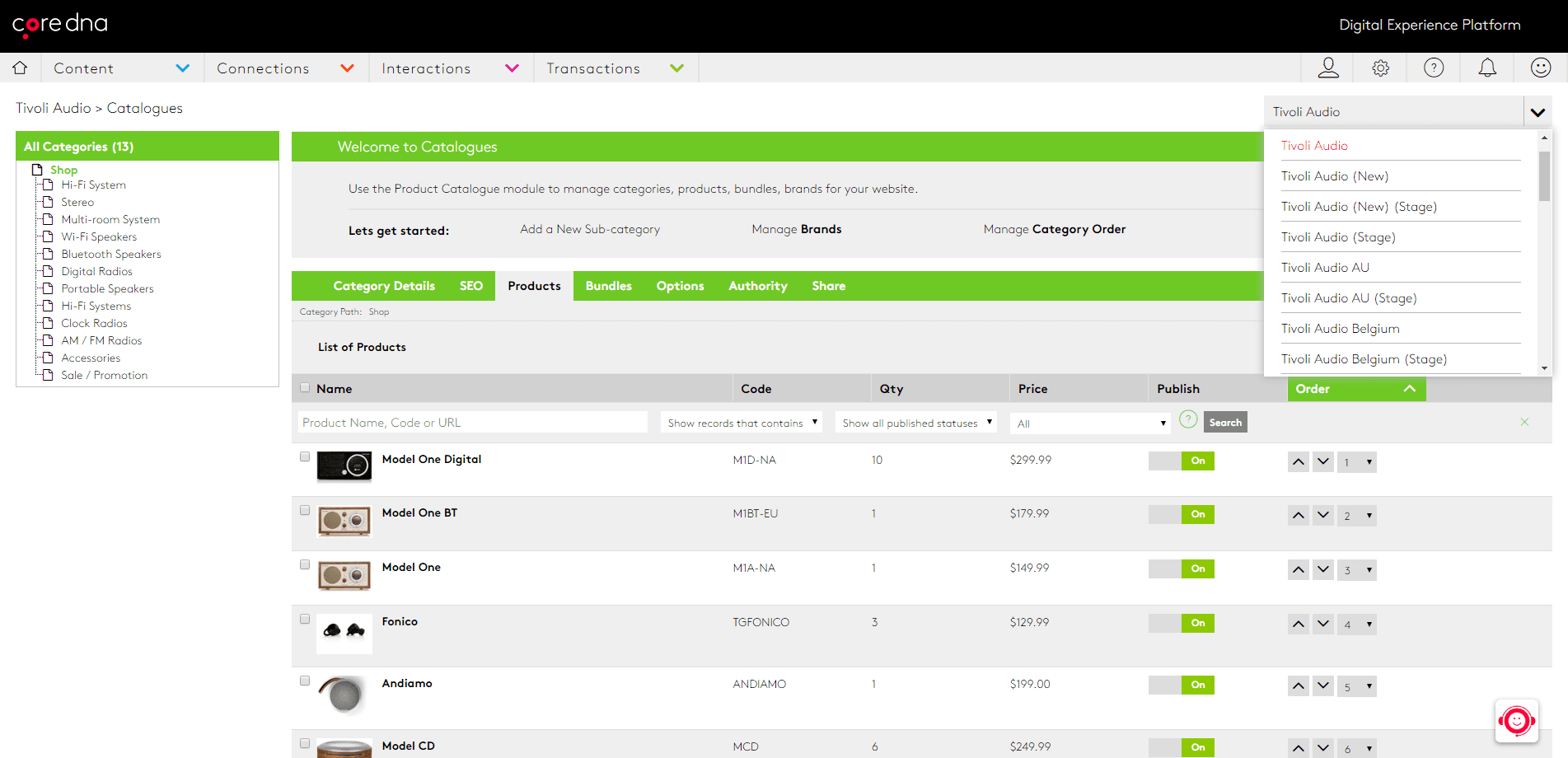
Omnichannel delivery
Today’s eCommerce environment requires brands to deliver content to multiple devices if they want to engage with their audience correctly.
BigCommerce
The BigCommerce RESTful API makes it easy to integrate your applications with BigCommerce and allows you to code in the language you prefer. Channel Manager is an additional feature that makes it easier to manage the omnichannel sales experience across multiple storefronts.
With BigCommerce, you can retrieve and modify such store data as orders, products, customers, categories, shipments, and brands, and manage all sales and sync data across channels.
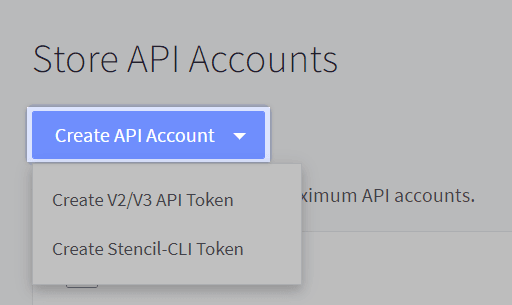
Shopify Plus
Shopify Plus APIs enable developers to build custom applications and also facilitates multi-channel listings. The eCommerce platform gives users advanced point of sale integration for multiple touchpoints.
Core dna
Core dna can manage and deliver experiences across every touchpoint and on any device since it is a headless platform.
The decoupled architecture allows retailers to get more control over their website content, blog content, press releases, and everything in between and the capabilities to manage content at an enterprise-level.
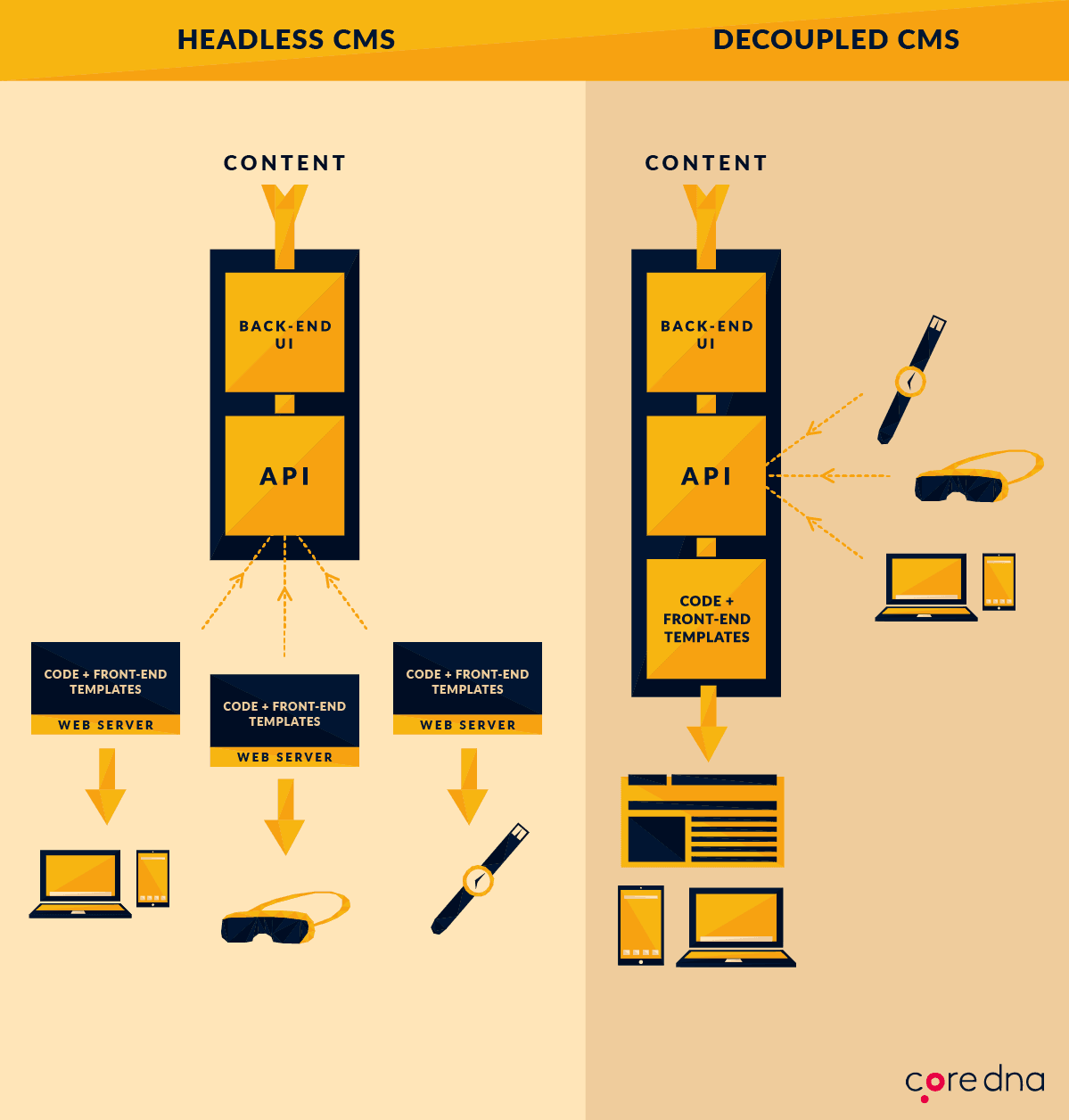
Payment gateways
Your customers want to have flexibility when it comes to ways they can pay for your products. An eCommerce solution should facilitate several payment options that provide the most convenient option for customers.
BigCommerce
BigCommerce supports six digital wallets: Visa Checkout, Apple Pay, Chase Pay, Google Pay, PayPal, and MasterPass. The platform also enables one-click payments, allowing reliable financial options without incurring credit risks.
BigCommerce integrates with 65 payment solutions out-of-the-box enabling it to serve 230 countries and conduct business in over 140 countries, providing solutions for local and global needs.
Shopify Plus
Shopify Plus supports a wide range of payment gateways, from PayPal to Stripe to Braintree. However, there are hefty transaction fees for every sale and a minimum fee of $2,000/month for maintaining your store.
Shopify has also introduced Shopify Payments, which enables merchants to accept payments online without adding third-party providers.
Core dna
Core dna integrates with every major payment gateway on the market, and the API-first architecture enables integration with other payment solutions. Multiple payment partners include Amazon Pay, Stripe, PayFabric, PayPal, eWay and more.
Plus, there are no transaction or success-tax fees, only the fee for the monthly subscription.
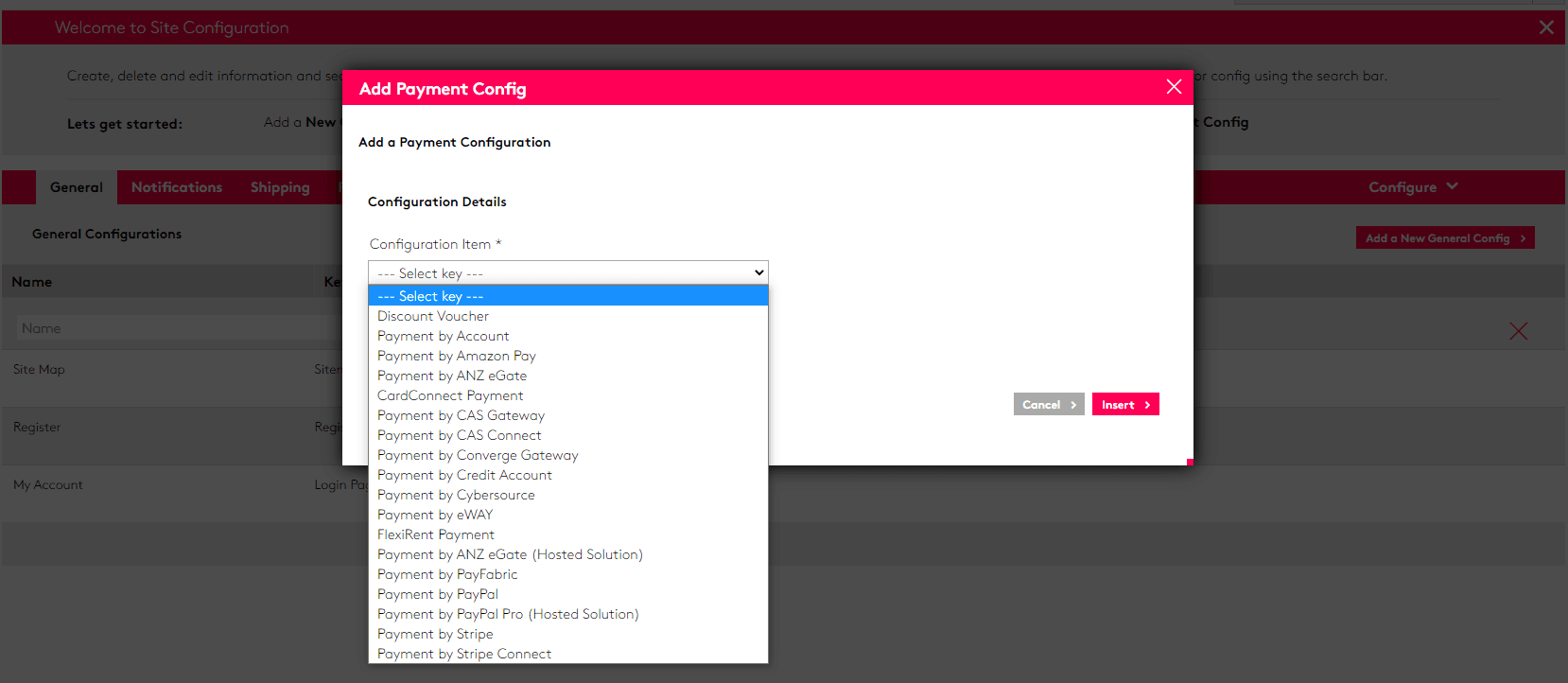
Apps and add-ons
An eCommerce platform needs multiple apps and add-ons to create the full-fledged customer experience required by brands today. The more extensible the platform and the more integrations it can facilitate, the better for your business and your customers.
BigCommerce
BigCommerce Apps Marketplace has hundreds of apps and add-ons across various categories such as accounting and tax, analytics and reporting and more. Plus, you can experiment with, both free and paid apps to find the right fit for your brand.
Shopify Plus
When you use Shopify plugins, and those plugins need to store data/info, you actually need to pay for those plugins hosting costs separately. If you have multiple plugins like that, that’s a high hidden cost.
Core dna
Core dna apps and add-ons are all native, meaning that there are no hidden costs associated with plugins or extensibility.
Integrations
While extensive features are crucial, everything can’t be done using one tool. An eCommerce platform needs to be able to extend functionality with integrations.
BigCommerce
BigCommerce integrates with several third-party apps to improve system functionality.
Shopify Plus
Shopify Plus integrates into existing systems whether a CRM, ERP or another platform, with APIs and SDKs.
Core dna
Core dna can integrate into any 3rd party system. You can perform complex tasks based on feedback from other systems.
Webhooks can trigger a workflow that occurs within the system based on internal or external events or trigger a workflow externally off the system.
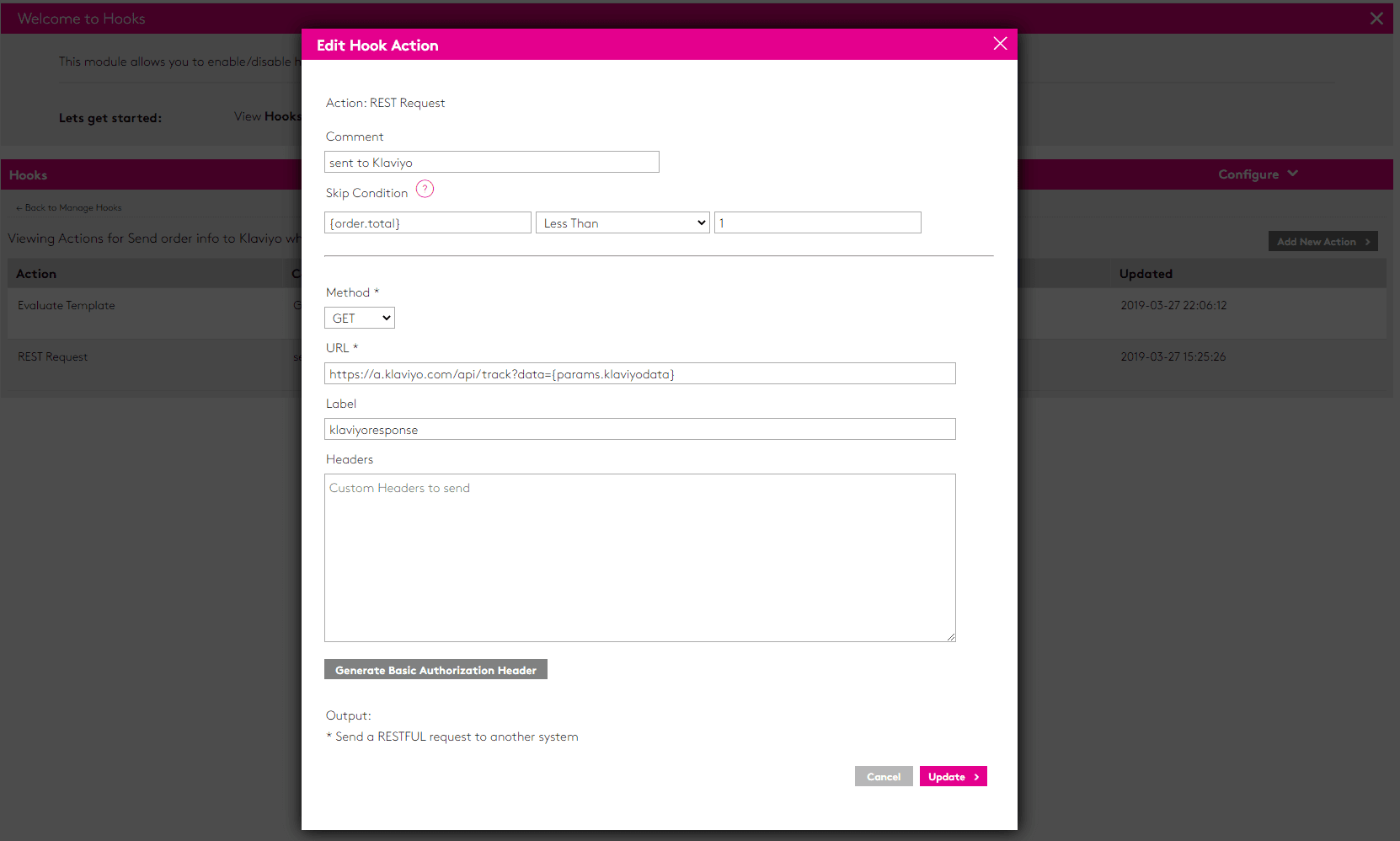
(Send order info to Klaviyo when shipped)
For example, a new user registers, then the webhook checks details and confirms if the user is registered in the CRM. If not, they are added to the CRM, and their information is updated. The webhook can then check ERP to check if it’s registered. If not, the details are added to the ERP, an email is sent to the customer, and a note to the sales rep.
Flexible import and export are available through API, FTP or CSV.
Platform pricing
Pricing for each of the three platforms varies with Core dna being the least expensive and Shopify Plus the most expensive.
BigCommerce
Prices start at $29.95/month and go to $299.95 for the Pro version and include an enterprise version that starts at around $1,500/month depending on your sales volume. You must move to the next tier once you pass a certain dollar threshold.
Shopify Plus
Prices start at $2,000/month and increase depending on your requirements.
Core dna
Price starts at $1,250/month for lower volume sites and extra requests cost $500. Higher volume sites require contact for customized pricing.

Save this guide: Plus bonus 100+ questions to ask your eCommerce vendor
Everything you need to know about BigCommerce, Shopify Plus, and Core dna as an enterprise eCommerce platform.
eCommerce infrastructure
The right infrastructure can make the difference for high-growth companies looking to scale without something breaking and causing downtime.
Scalability
Scalability is a critical feature for any forward-thinking eCommerce website that’s focused on growth.
Given the global audience available through eCommerce, the ability to respond to traffic surges and meet increased network requests can make the difference between a small business staying small or eventually reaching medium and enterprise capacity.
BigCommerce
Since BigCommerce is cloud-based, its SaaS structure enables the platform to be quickly scaled. Reaching a large audience is also feasible, given that BigCommerce’s CDN has nodes in every content to support global operations.
Shopify Plus
Boosting customer loyalty and managing growth across an entire organization is one of Shopify Plus’ focuses, given that it offers customers a CDN powered by Fastly. The Shopify API connects multiple channels and international storefronts with its third-party logistics and flow, enabling automation for everyday tasks.
Core dna
Core dna’s microservices architecture facilitates scaling. Also, a robust CDN with servers across the globe make delivering dynamic experiences to international customers possible.
Core dna is built using NGINX and Apache for faster content delivery and serving of static web content and much more. Amazon Elastic File System to ensure content availability and increase capacity as traffic surges.
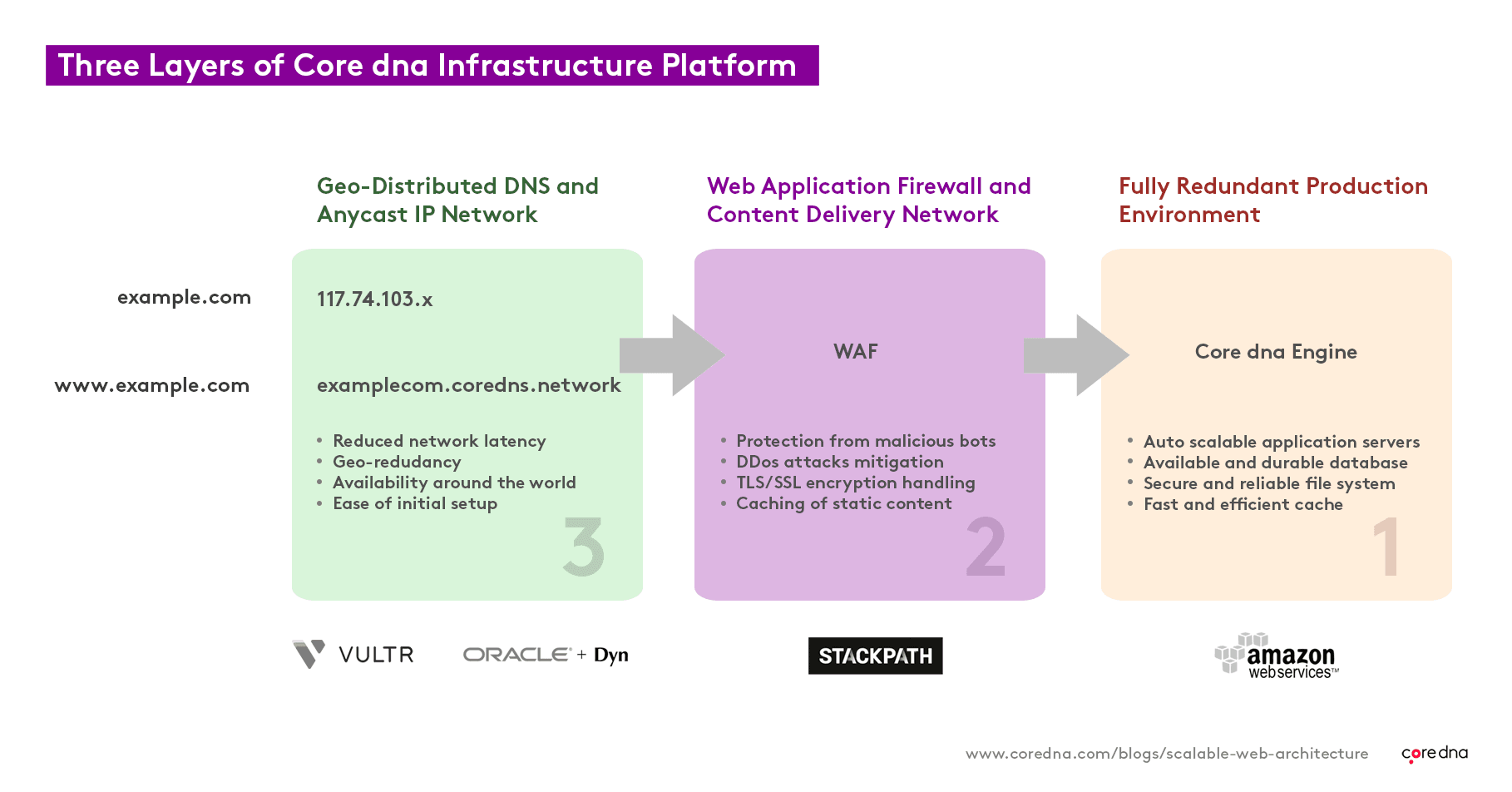
(How we create a scalable website architecture: Core dna’s 3-layer infrastructure layer)
Support
Given the stakes involved in eCommerce today, getting things right has never been more important. So, if you run into trouble, it’s good to be able to count on support when you need it.
BigCommerce
BigCommerce doesn’t just provide the platform for you to build your eCommerce store and then leave you high and dry. They include onboarding teams to assist with migration or launch as well as 24/7 live chat and support.
You can also call on a vast support community with 100k+ members and priority support with the enterprise plan.
Shopify Plus
Shopify is integrable with Zendesk for additional customer support options. Their merchant success program provides you with the support to launch, migrate and improve your store. You can also unlock access to the exclusive Shopify Plus Facebook Group.
Core dna
Core dna doesn’t only provide simplistic technical support and guidance with your strategy. There is extensive and detailed documentation to help guide you through things.
You can call on a dedicated account manager to help with any problems your eCommerce store has, your own Slack channel plus additional 24/7 technical support, onboarding, training and guidance on strategy for your staff.
Security
If your eCommerce platform is compromised, it can do harmful damage to your brand and your customers. So, it’s vital that your eCommerce platform has the appropriate safety features.
BigCommerce
BigCommerce is ISO/IEC 27001:2013 & PCI DSS 3.2, Level 1 certified. With 99.99% uptime, it allows your brand to maintain high performance and protects your store with firewalls and intrusion detection.
The platform is integrable with third-party security applications, providing you options to better defend your business from digital threats. It also supports multi-step user verification for added protection.
Shopify Plus
Shopify offers protection for every transaction. Shopify Plus is PCI level 1 compliant for credit card processing. It also provides GDPR-compliant eCommerce stores as well as a fraud-protection system that flags potentially bogus purchases.
Core dna
Core dna features advanced site monitoring to monitor site activity and performance 24/7. Automatic upgrades are available to reduce potential incompatibility without disrupting your business.
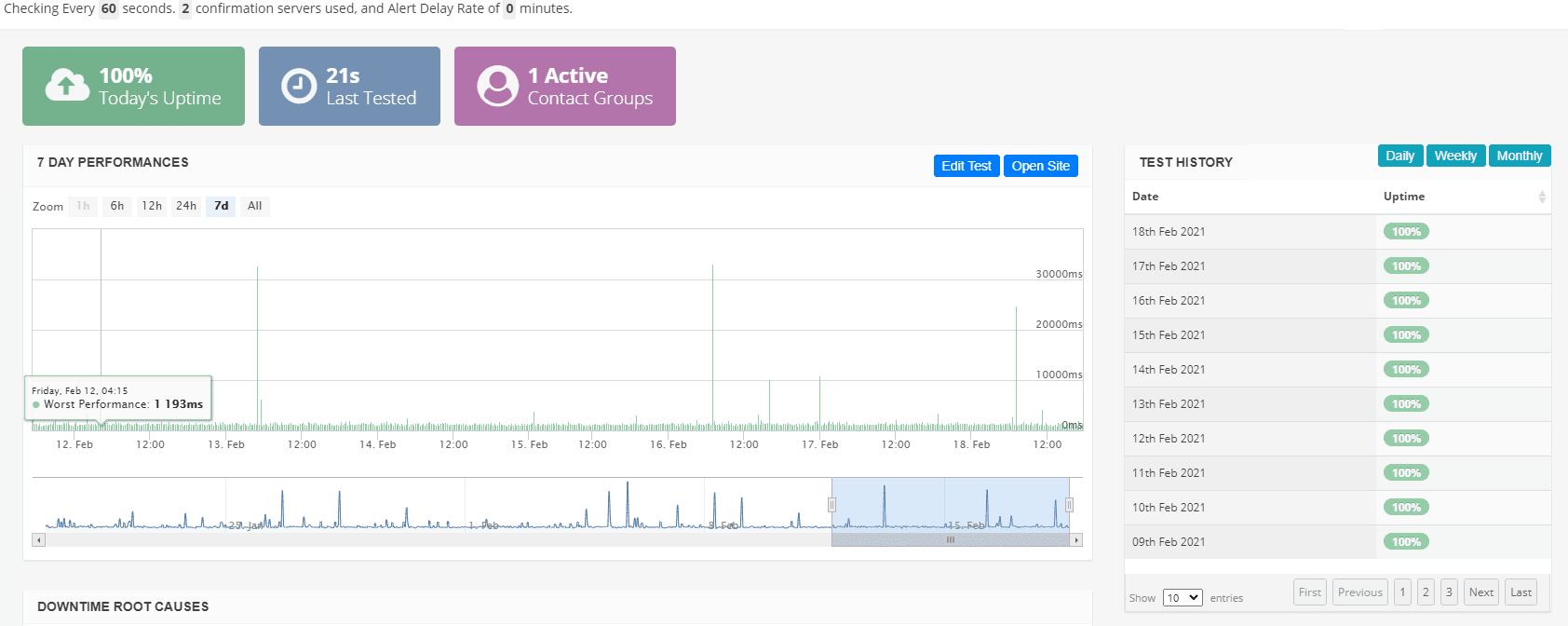
(Core dna sites are monitored every 60 seconds from 28 different countries)
Core dna is made up of a suite of microservices, meaning that potential breaches and attacks can be more easily contained, plus it leverages Imperva Web Application Firewalls (WAF) for added protection.
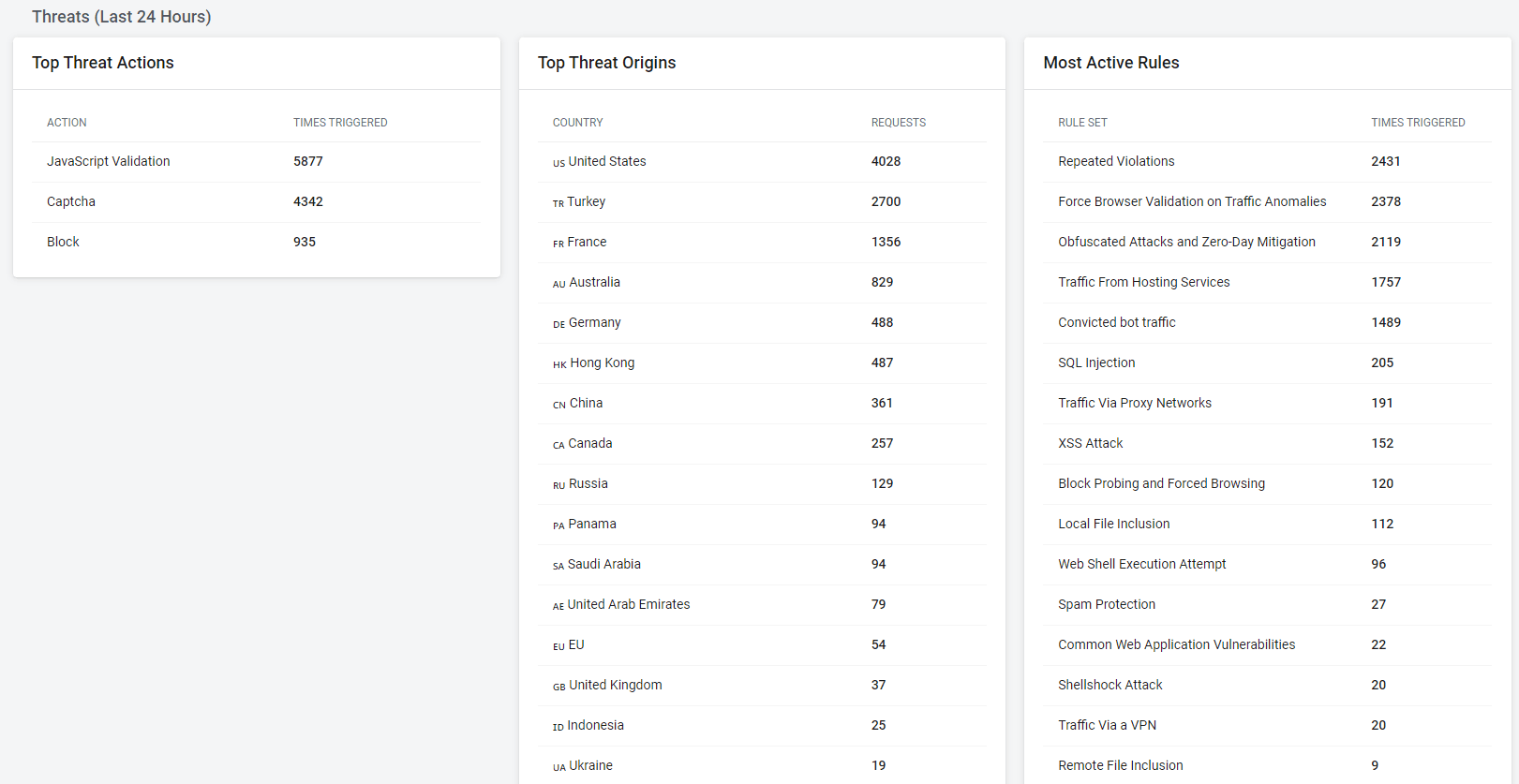
(Every request made to Core dna is scanned by an advanced Web Application Firewall to keep you safe)
Wrapping it all up
While BigCommerce and Shopify Plus offer several eCommerce-specific benefits, they are still only eCommerce solutions. On the other hand, Core dna’s headless CMS platform enables it to provide a full suite to manage a website, content strategy and eCommerce store all-in-one.
Also, all features are native and ready out of the box, and there are zero transaction fees which result in lower costs over time and more profits in your pocket. Plus the API-first architecture provides increased freedom and extendability for apps and add-ons.


